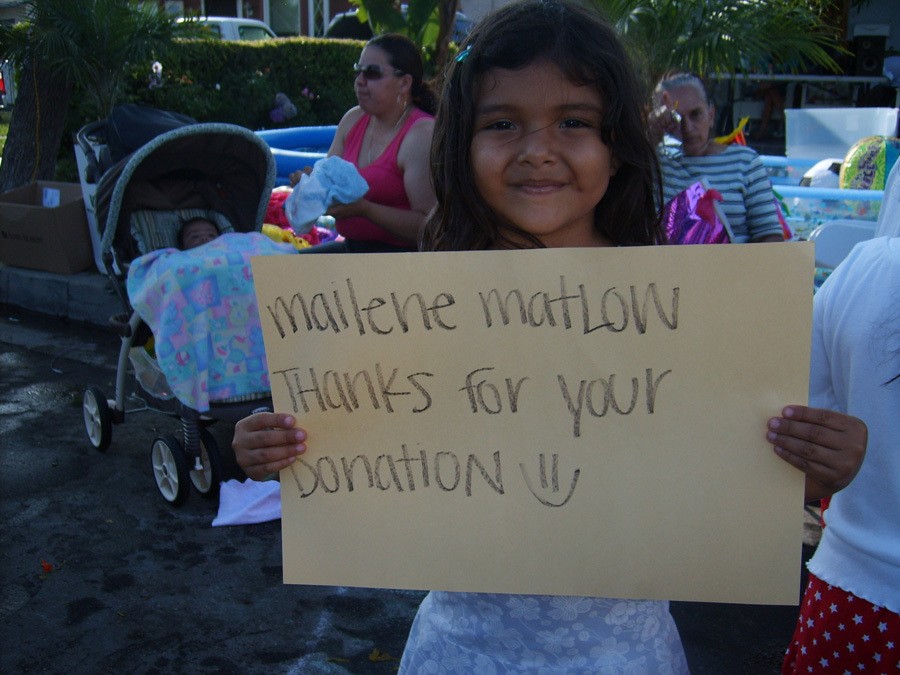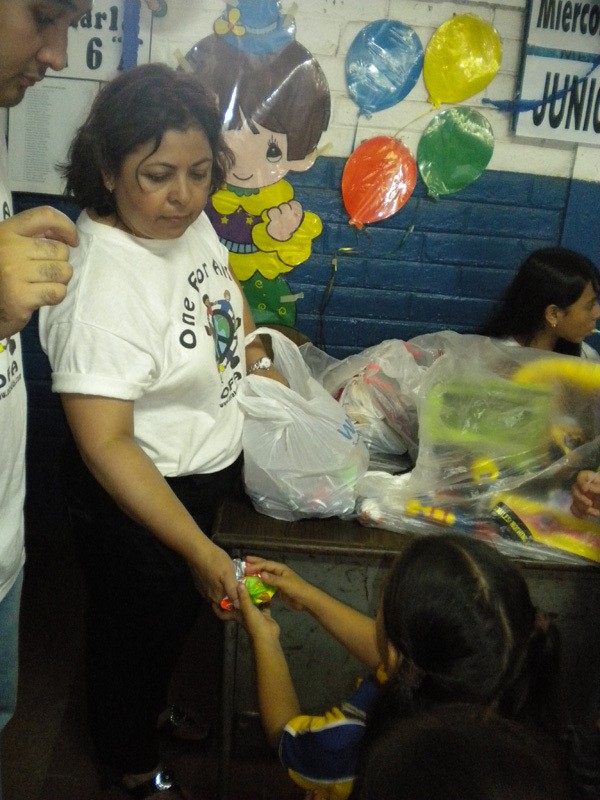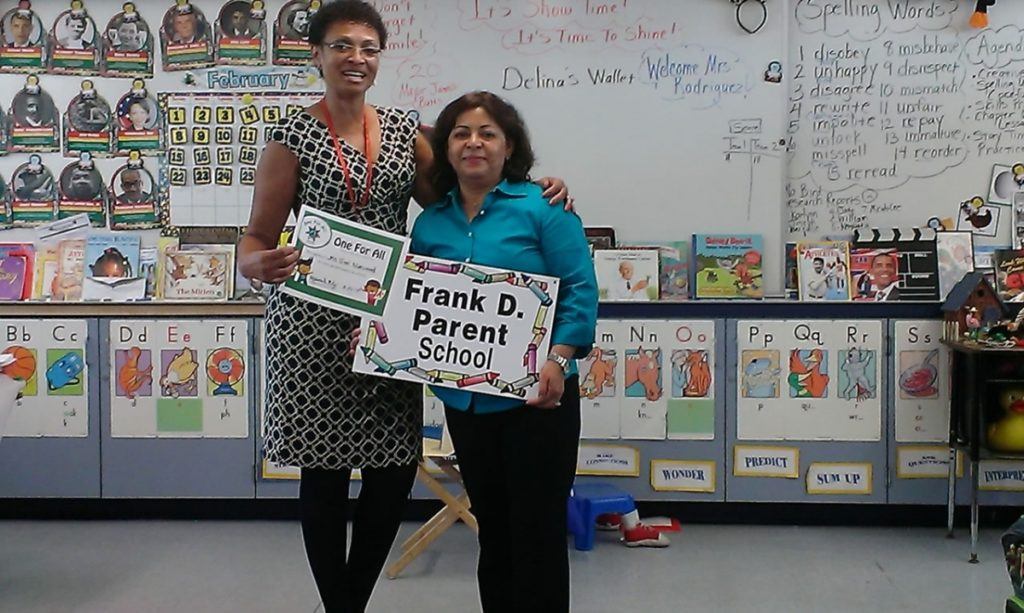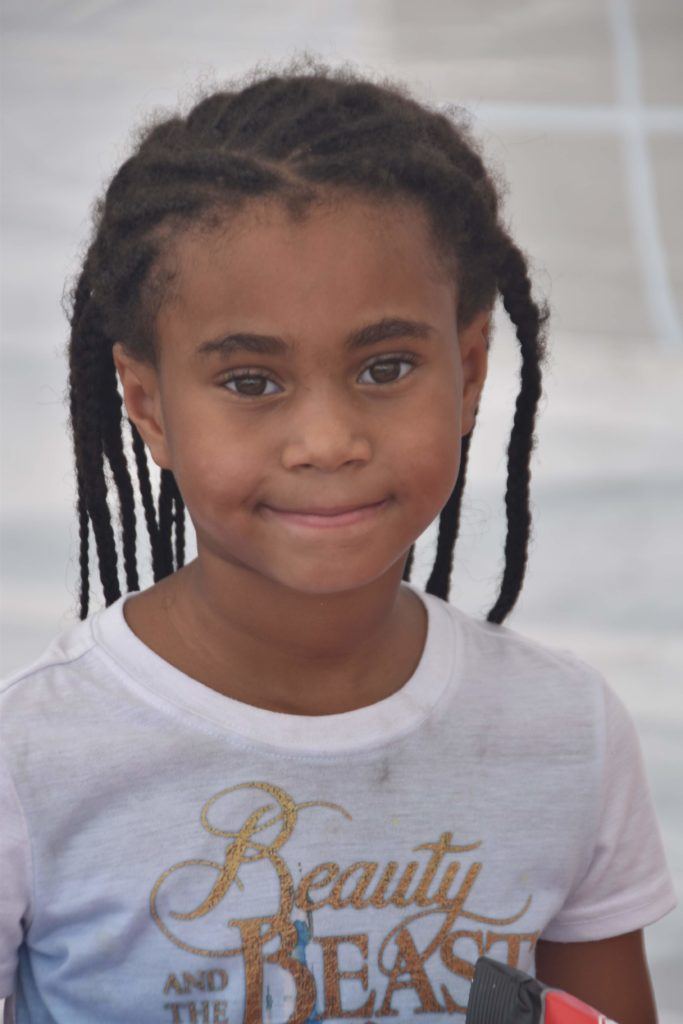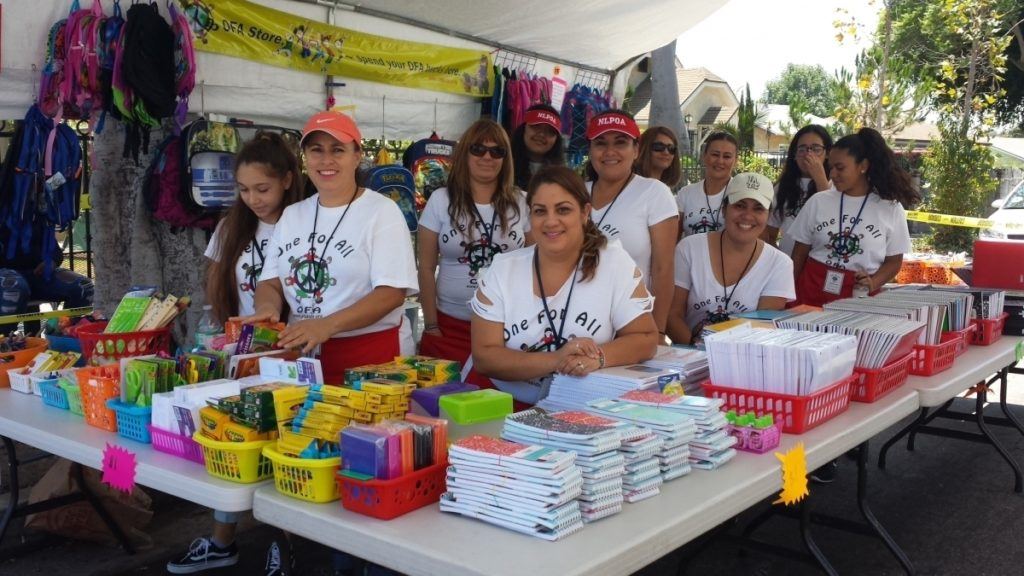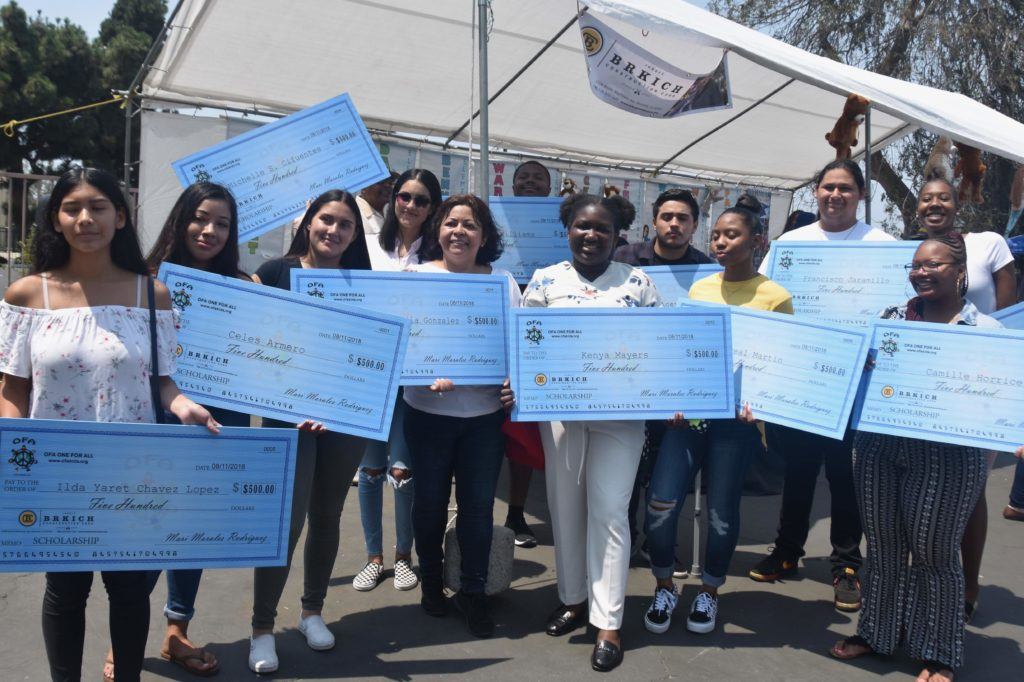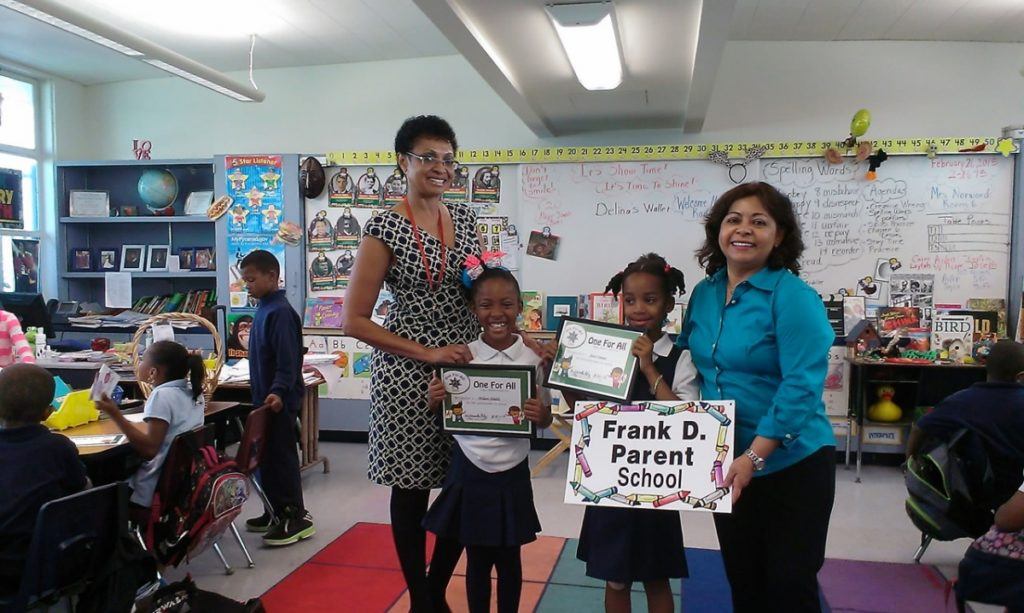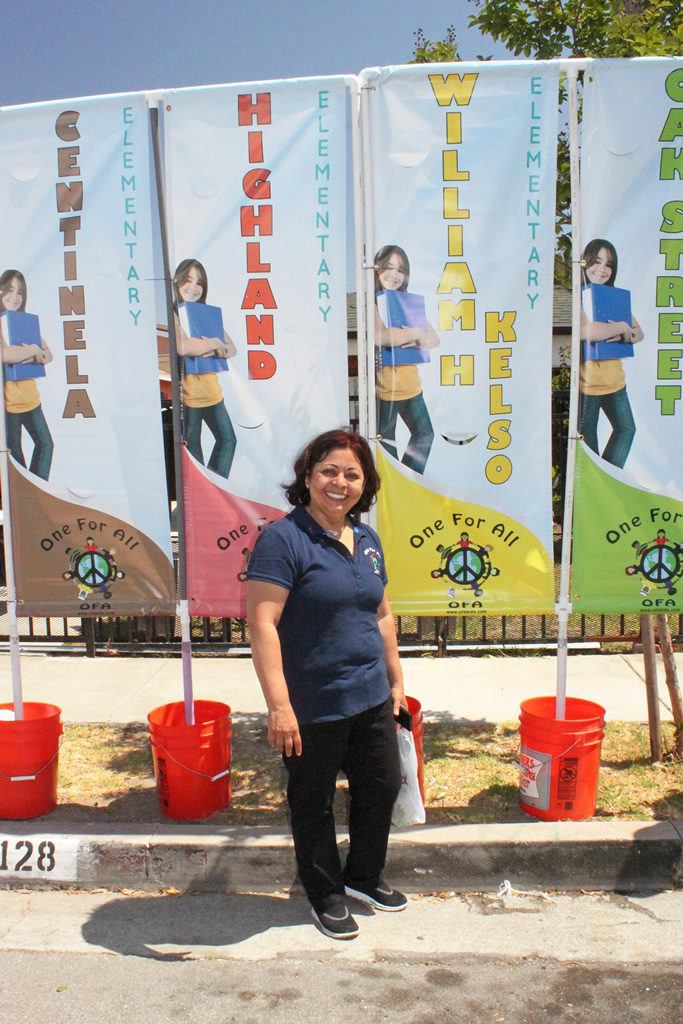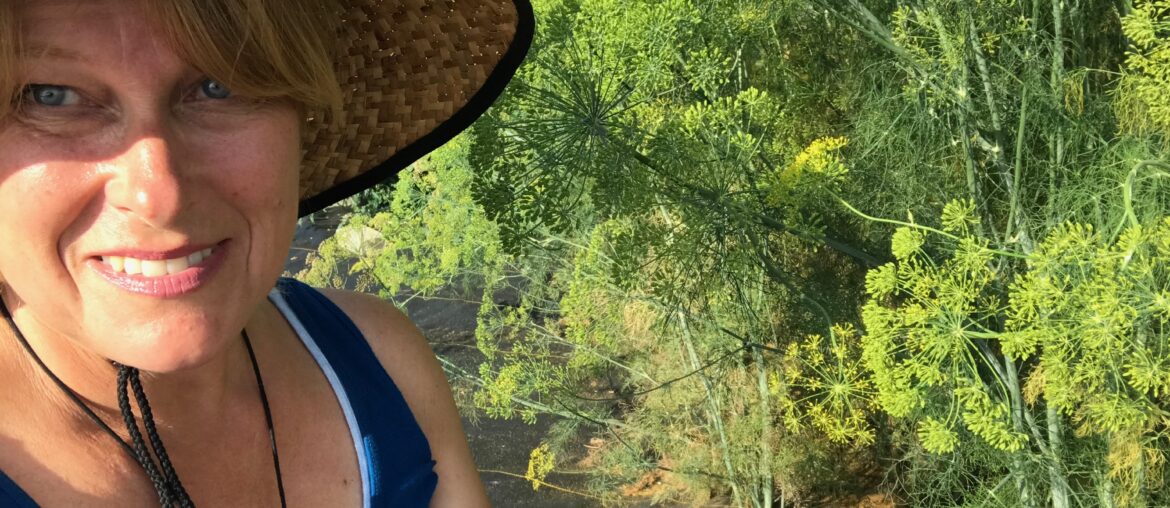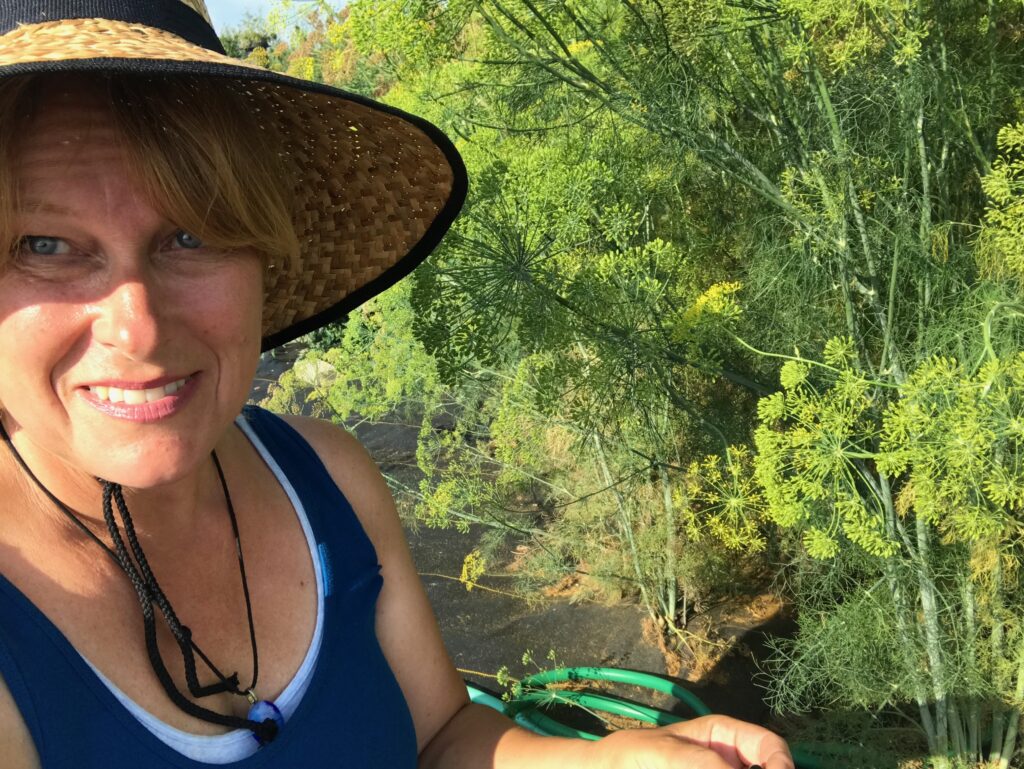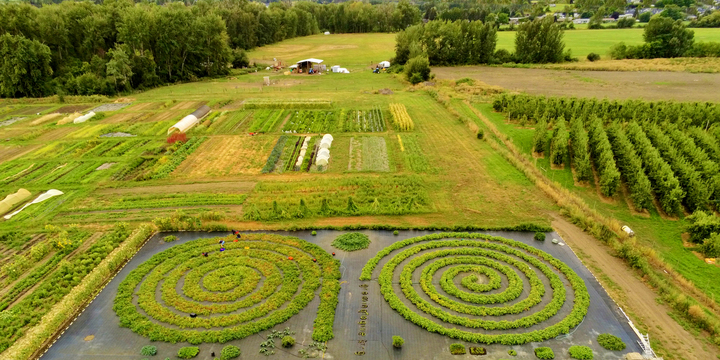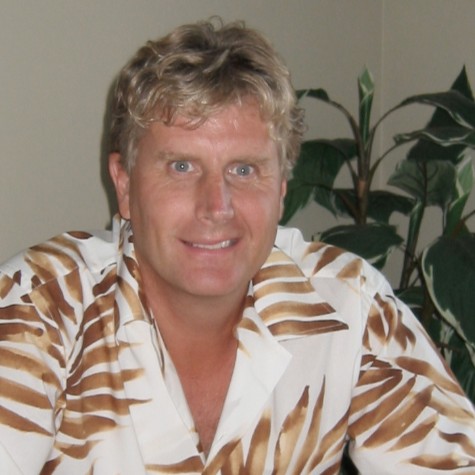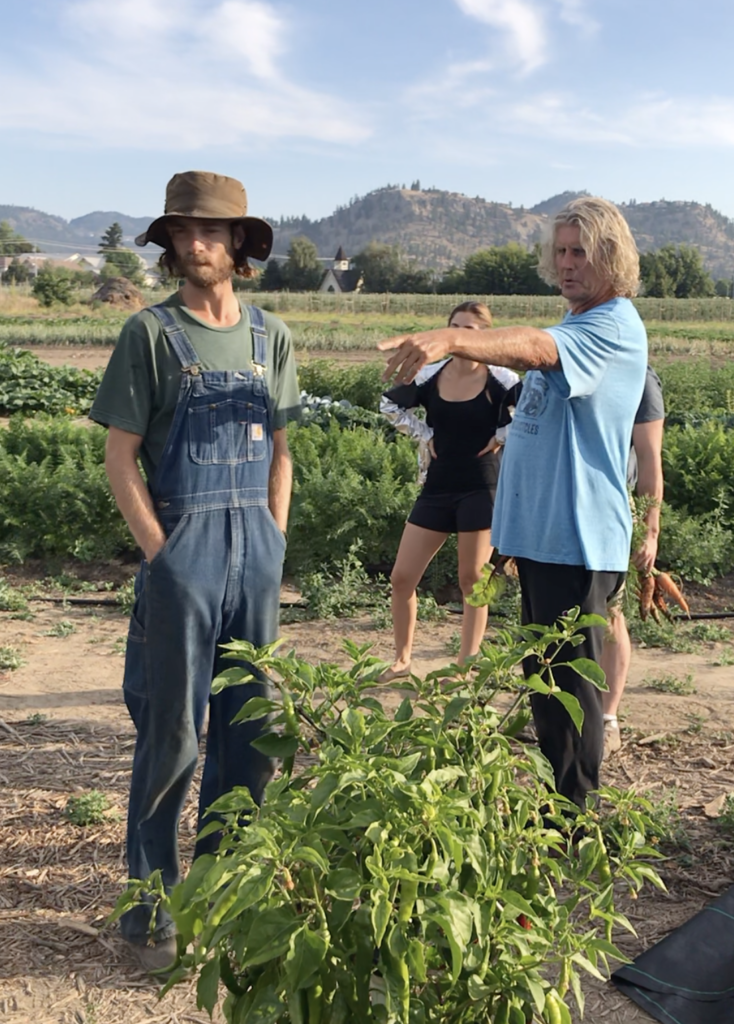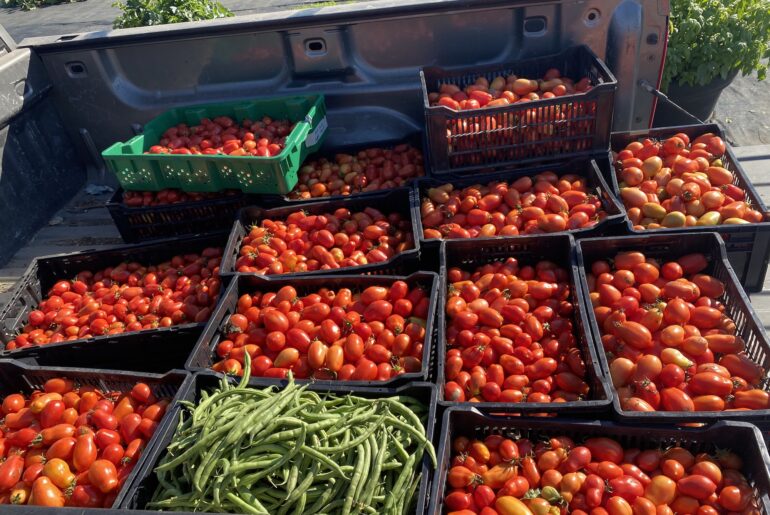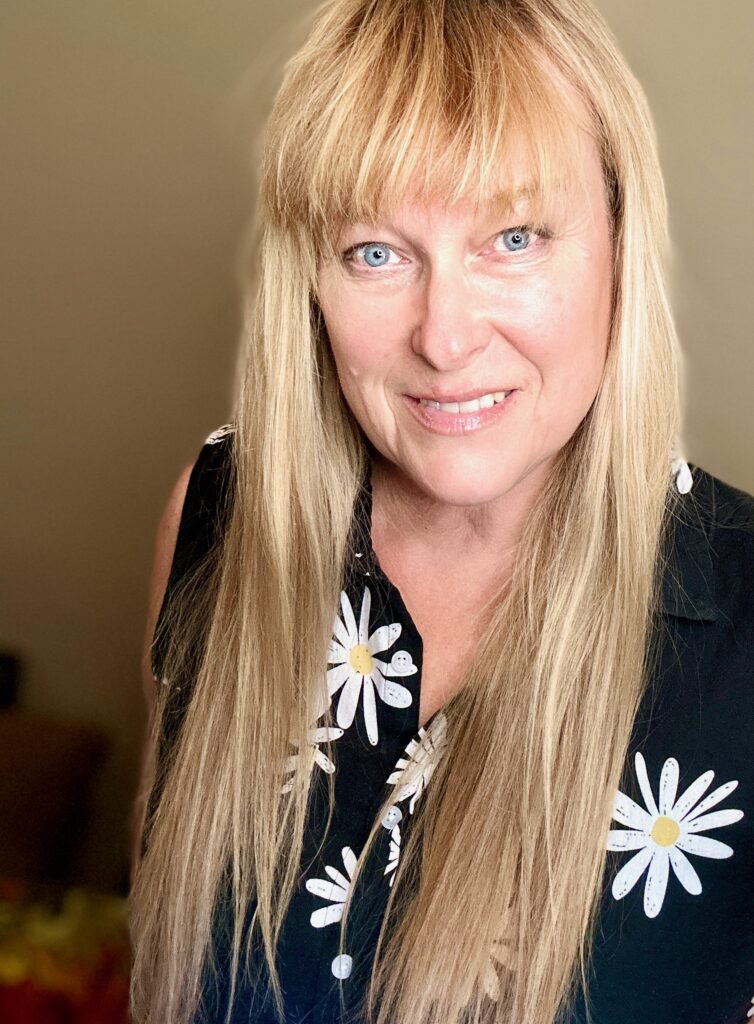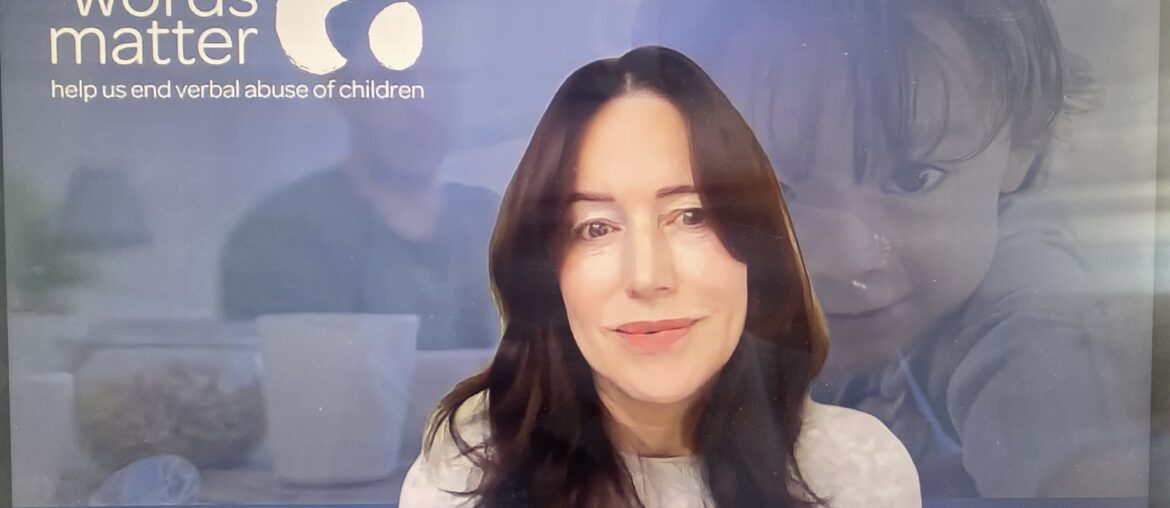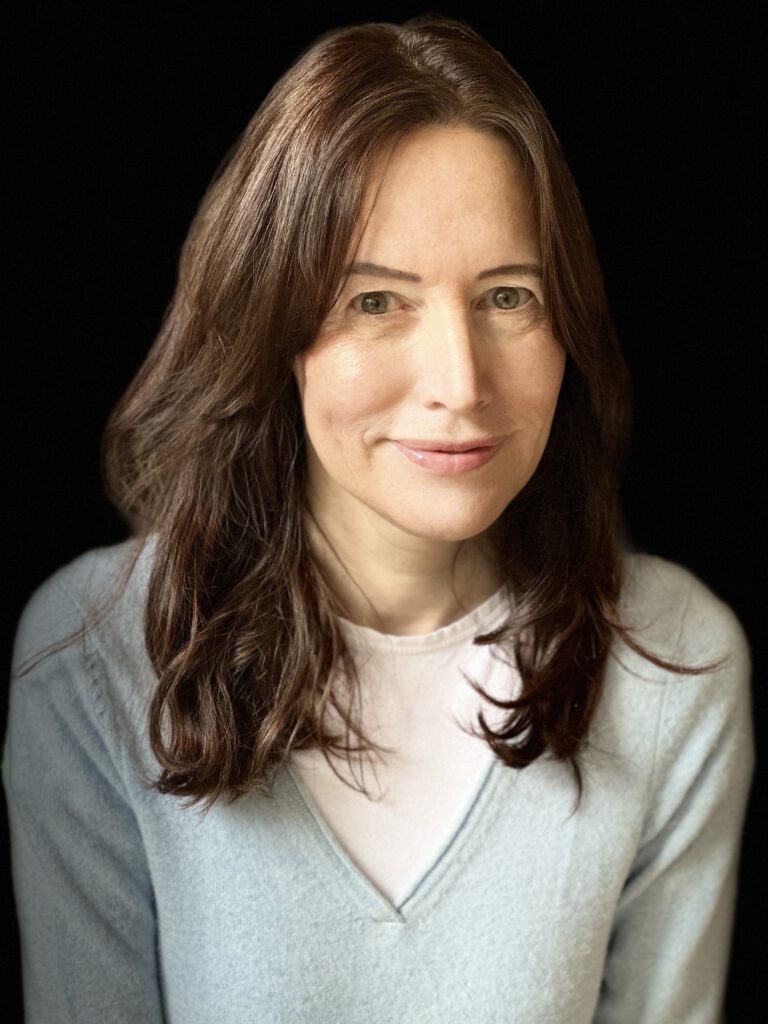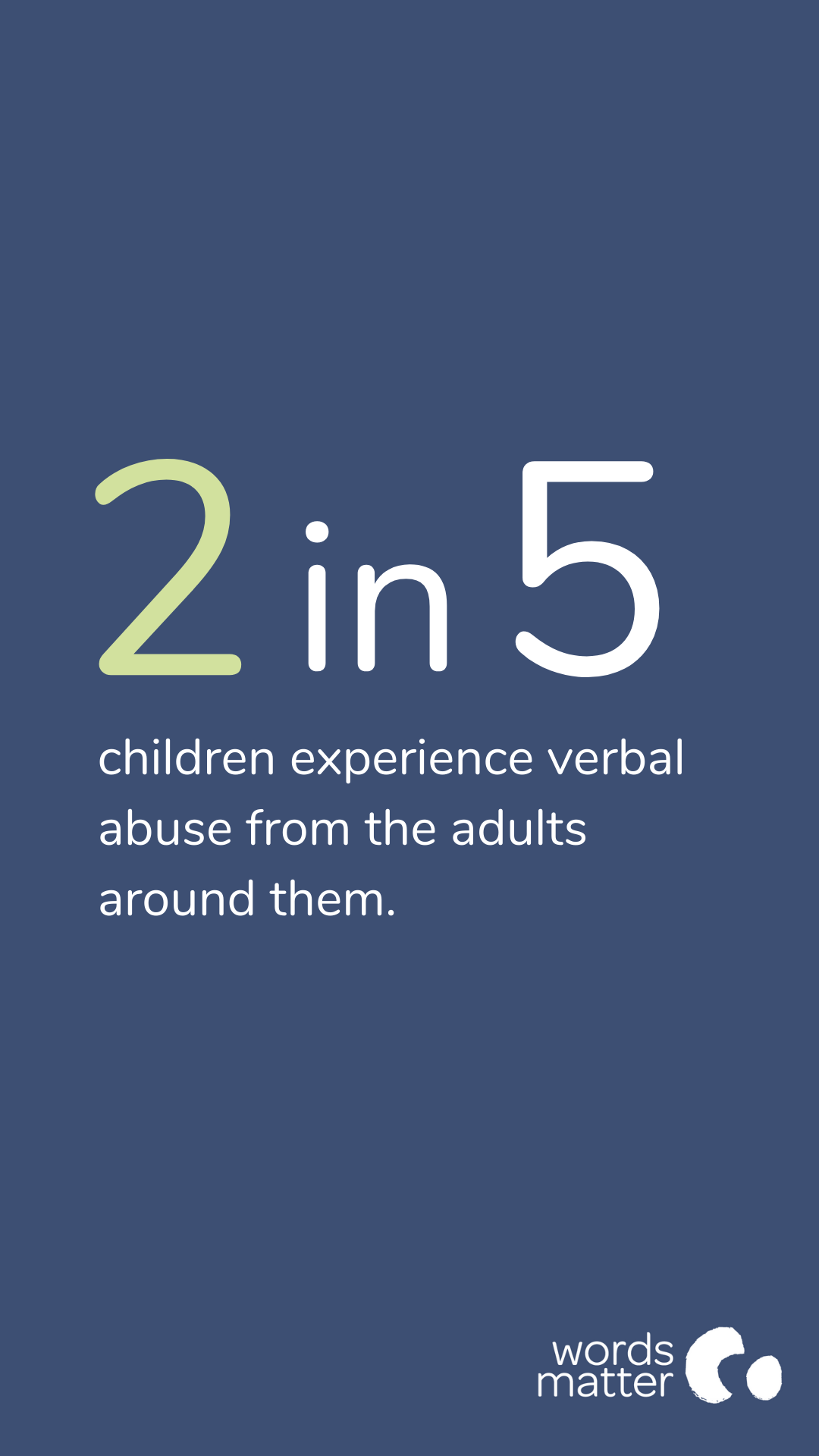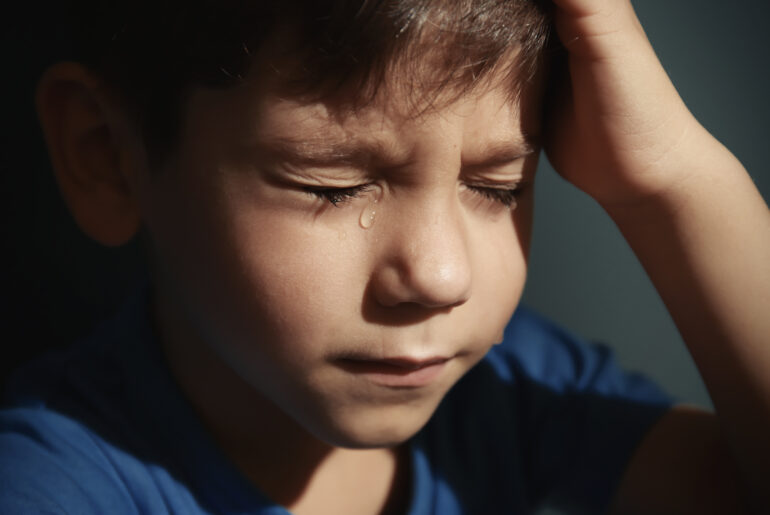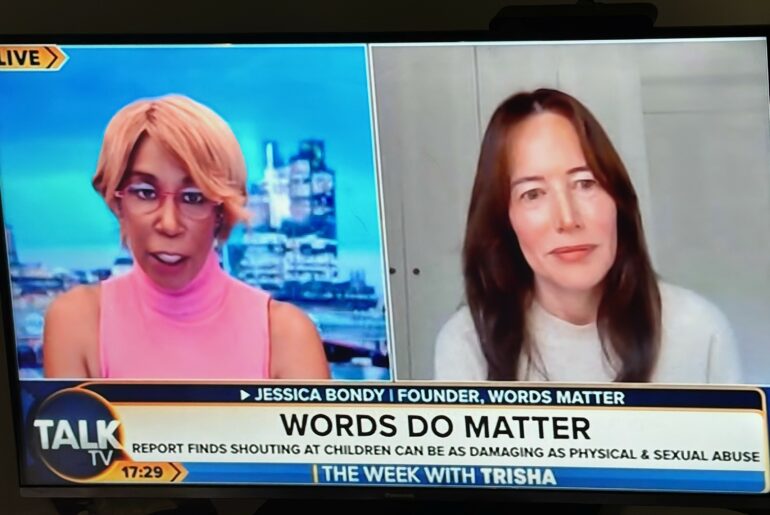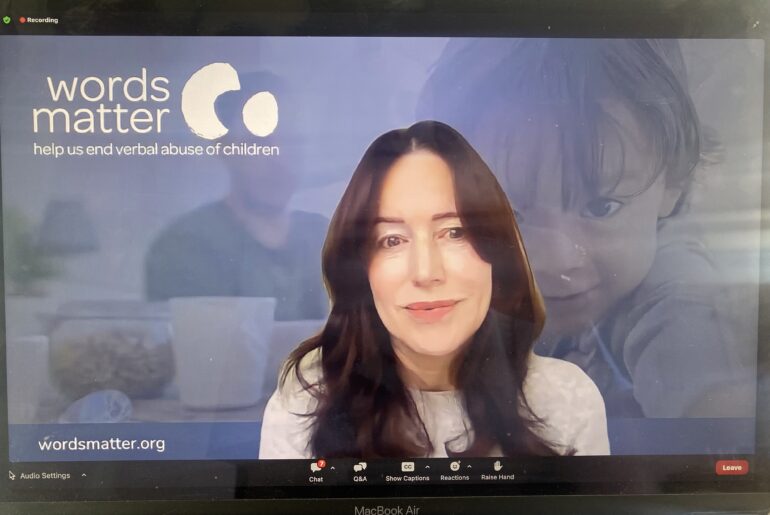I am so excited to introduce you today to an amazing man, Elliot Kallen. He is a passionate entrepreneur, nonprofit founder, and father who has transformed personal tragedy into a mission of hope. As the CEO of multiple companies and the founder of A Brighter Day, Elliot brings both business acumen and deep empathy to his work. After losing his 19-year-old son, Jake, to suicide, Elliot committed himself to supporting teens struggling with depression and anxietywith his nonprofit, A Brighter Day.
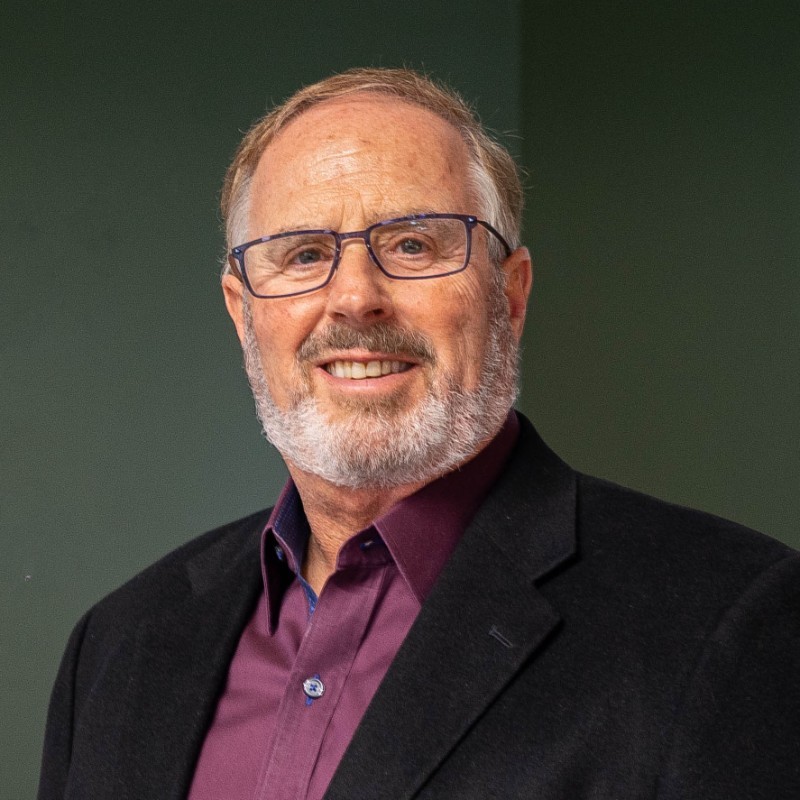
Today his organization touches thousands of families each month. Grounded in the life lessons passed down from his Holocaust-survivor mother, Elliot lives with a deep sense of purpose—driven not by profit, but by impact. His story is one of resilience, love, and an unwavering belief in the power of helping others.
Here are a few highlights from our conversation:
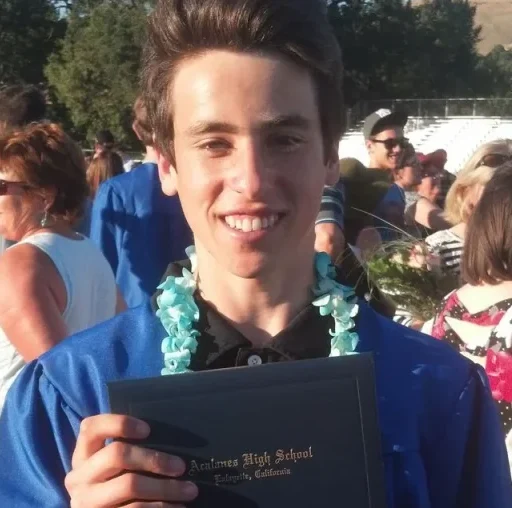
Charity Matters: Tell us a little about what A Brighter Day does?
Elliot Kallen: What we do is we create resources for teens and their families on stress and depression with the goal of stopping teen suicide.
Charity Matters: Tell us a little about Growing up and your family?
Elliot Kallen: I’m the CEO of three companies right now. I grew up in a very middle-class home in New Jersey. My parents were community-minded and active members of our local synagogue. We gave money, even though my dad never made more than forty thousand dollars a year, and my mom was your typical 1960s–70s stay-at-home mom. Still, we gave back.
Charity Matters: What was the moment you knew you needed to act and start A Brighter Day?
Elliot Kallen: It’s a heartbreaking story, and sadly, it doesn’t have a happy ending. Eleven years ago, my 19-year-old son, Jake—a sophomore at the University of Montana—took his life in the early hours of a Friday morning. No drugs, no alcohol. He walked onto the highway and stepped in front of a truck.
We were frantically searching for him all day because his phone was off—something no teenager ever does. At 6:30 that evening, FedEx delivered a six-page suicide note. That’s how we found out he was gone. His note was filled with the typical ramblings of a teen in crisis, but one paragraph stood out. He wrote, “Mom and Dad, I’ve been thinking about this for a long time. I never would have told you how I felt. I never would have asked for your help. And I never would have taken your help.”
It was as if he was trying to let us off the hook—but how could we ever be?
His mother and I flew to Spokane the next morning, then drove to Missoula to claim his body, which had been left unclaimed at a funeral home. On the flight home, his body in the cargo hold beneath us, I kept rereading that paragraph. I turned to his mother and said, “We have to do something to prevent this devastation from happening to other families.” She replied, “I can’t do it. You’re on your own.” And so, I began the journey to create a nonprofit.
At first, the idea was to use music—bring in adult cover bands and host events for teens with mental health resources. But when we met with local musicians, they gave me critical advice: “This has to be for teens—by teens. No adult bands, no adults in the room. Teens won’t open up if they feel watched. And the resources have to be teen-friendly. Most mental health tools are built for adults, and they miss the mark.”
We decided to focus on depression, anxiety, and suicide prevention—issues teens face every day. A recent survey showed that nearly 50% of teens have felt anxious or depressed in the past year, and many have had suicidal thoughts.
I often describe it like this: imagine a six-sided box—four walls, a top, and a bottom. For teens, it’s rarely all blue sky. Life can feel like constant turmoil. And when all six sides of the box feel black—when it’s all pain and no light—some teens begin to believe, “Yesterday was awful. Tomorrow will be worse. No one will miss me anyway.”
That moment—that hopelessness—is where suicide lives. That’s what we’re trying to stop.
Charity Matters: What are your biggest challenges?
Elliot Kallen: I don’t want to downplay how cathartic it’s been to start a nonprofit and to share Jake’s story—especially in that first year. Every time I told it, I could barely hold back tears. What surprised me was how many people shared their own stories in return—about their uncle, aunt, parent, sibling. We cried together. I kept tissues nearby and handed them out often. If you cried in my office, chances are I was crying too.
Sometimes, I still go to the cemetery. Nothing changes—the view, the conversation—but it grounds me. I stand on Jake’s grave to read the plaque, and I talk to him. I talk to God. I don’t want to imagine Jake’s face in the clouds like a movie ending. But I do hope he’s listening.
I’ve built and sold businesses, so I understand the lifecycle—products, services, cash flow, lawsuits, people problems. A nonprofit is different. You still have people issues—because people are people—but the bigger challenge is constantly telling the story in a way that touches hearts. That’s not hard for me. The hard part is finding the right audience to tell it to. Filling rooms, building an online following, gaining traction—that’s the uphill battle.
And here’s the truth: every nonprofit is regional—until it either goes national or goes out of business. I’ve served on national boards like the Boys and Girls Clubs and the American Cancer Society. They were national before I joined. My nonprofit, A Brighter Day, has resources used in all 50 states, but when it comes to fundraising, we’re still very local. Regional nonprofits live hand-to-mouth. That means I need to lead, write checks, and carry the mission forward every day.
But I don’t want to die and take the nonprofit with me. I’m working hard to build sustainability so I can eventually step back from being the de facto leader and just serve as a board member. We talk constantly about that next step—about building longevity and putting a structure in place so A Brighter Day has legs without me.
I believe there should always be a Kallen on the board—because it began with us—but they don’t have to lead. They just need to show up once a year, wherever they live, to remind others why we exist. This began with Jake, but it doesn’t have to end with me. That’s the goal.
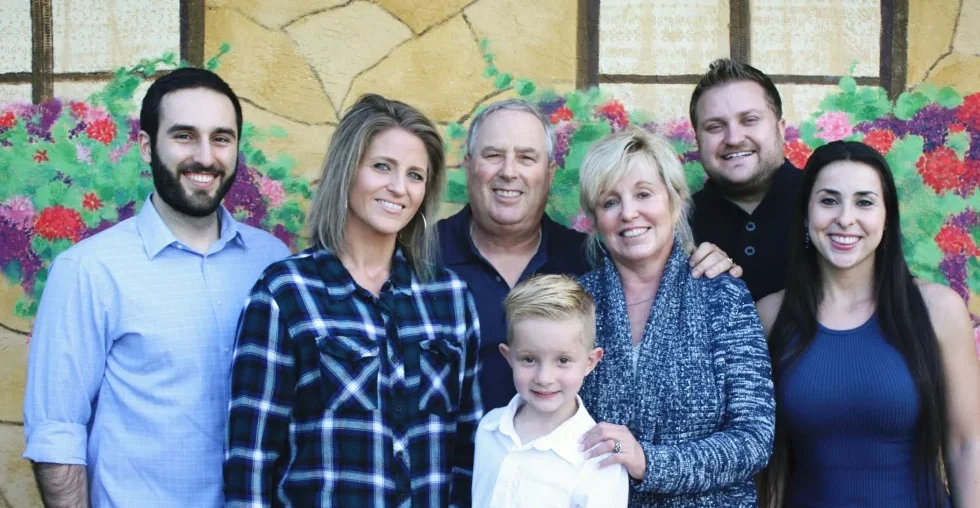
Charity Matters: What fuels you to keep doing this work?
Elliot Kallen: I’ve been very blessed in my life. Even after losing my son to suicide, I still consider myself incredibly fortunate. I grew up in a small, middle-class home, but I was always deeply loved. My father was part of the Greatest Generation and my mother survived Auschwitz. They had both seen unthinkable tragedy and loss.
Elliot Kallen: Right now, through A Brighter Day and all our online resources at abrighterday.info, we’re reaching thousands. One of our biggest tools is a teen-focused texting crisis line that gets 50 to 150 new teens every month. They receive a response within five minutes—because teens love to text—and almost every single one asks the same heartbreaking question: “Am I the only one feeling this way?” They’re incredibly isolated.
We also know that if your teen came to you and said, “Mom, I’m cutting” or “I’m thinking about hurting myself,” you’d do everything you could to get them help. But in most places it can take 6 to 10 weeks to get a live appointment with a licensed therapist. We can connect teens with a licensed therapist via Zoom in all 50 states within seven days. And while virtual counseling isn’t quite the same as being in the room, it’s still meaningful support—and we cover the cost for 90 days.
Right now, we’re reaching between 3,000 and 6,000 families every single month.
Charity Matters: If you could dream any dream for your organization, what would that be?
Elliot Kallen: If there’s one word that defines our goal, it’s impact. We want to make a meaningful difference in people’s lives, and that only happens if our message truly reaches them.
People ask me, “Where do you see yourself in 20 years?” My honest answer: I hope I’m still alive—but not still running the charity. That would mean I failed to build something sustainable. What I really hope is that, at my funeral, someone stands up and says, “He made a major impact on everyone he touched.” That’s the legacy I’m striving for.

Charity Matters: What life lessons have you learned from this experience?
Elliot Kallen: The biggest lesson? Life is incredibly short. My mother used to say, “Life goes by in the blink of an eye,” and I never understood it until I got older—but she was right.
CHARITY MATTERS.
YOUR REFERRAL IS THE GREATEST COMPLIMENT, IF YOU ARE SO MOVED OR INSPIRED, WE WOULD LOVE YOU TO SHARE AND INSPIRE ANOTHER. If you enjoyed today’s episode, please connect with us:
- www.Charity-Matters.com
- On IG @Charitymatters
- Post a screenshot & key takeaway on your IG story and tag me @heidijohnsonoffical and @Charitymatters so we can repost you.
- Leave a positive review on Apple Podcasts
- Subscribe to new episodes each week!
Copyright © 2025 Charity Matters. This article may not be reproduced without explicit written permission; if you are not reading this in your newsreader, the site you are viewing is illegally infringing our copyright. We would be grateful if you contact us.



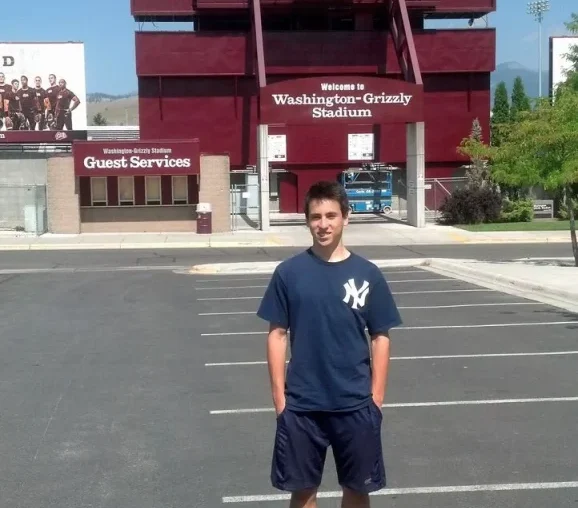
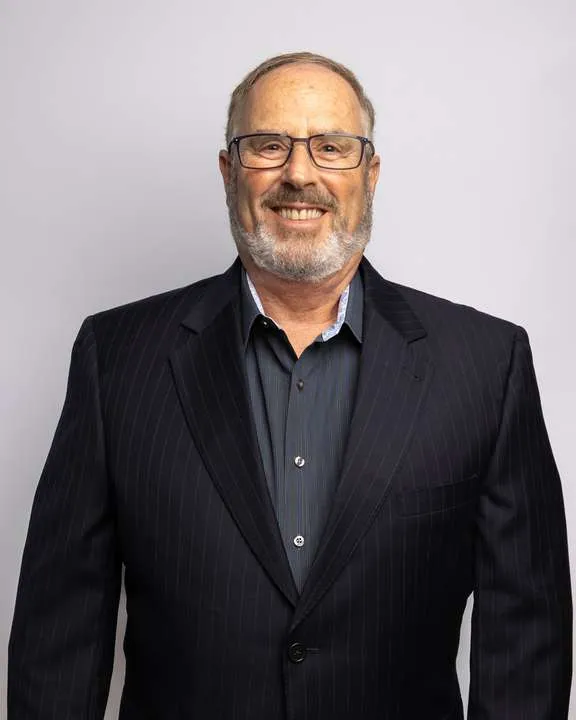
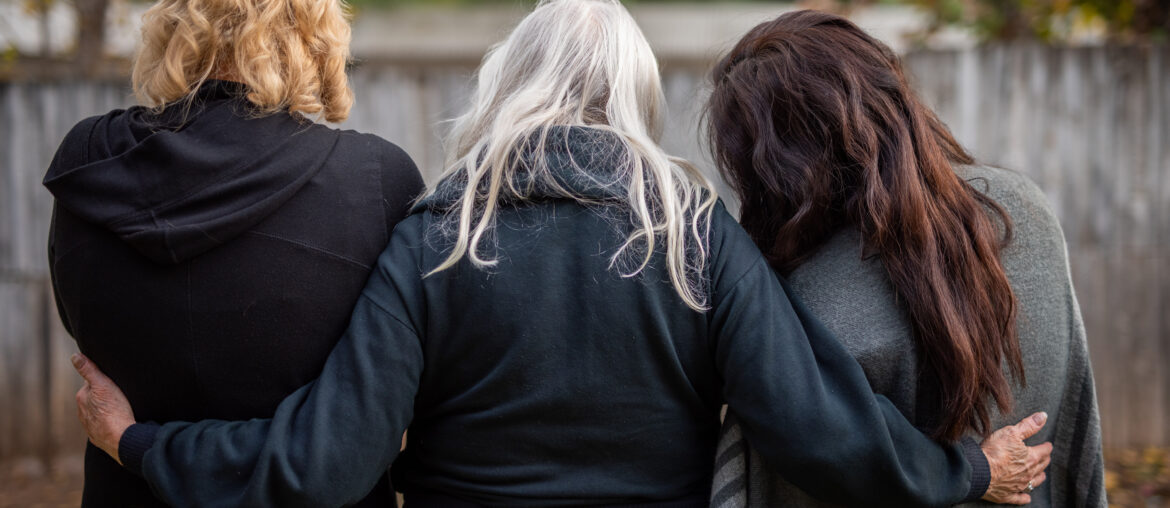
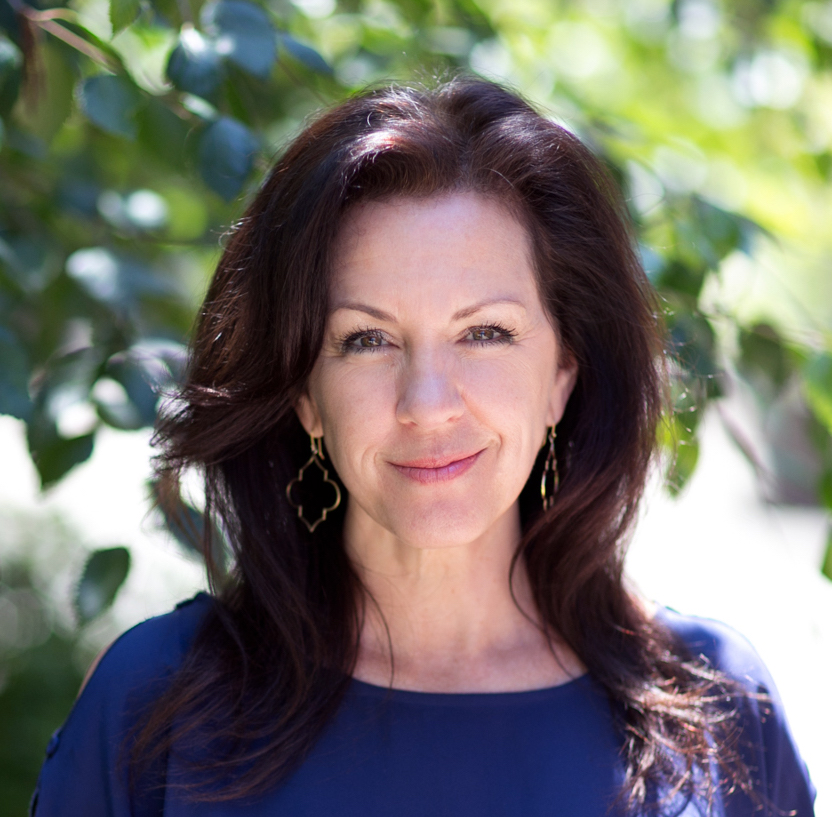
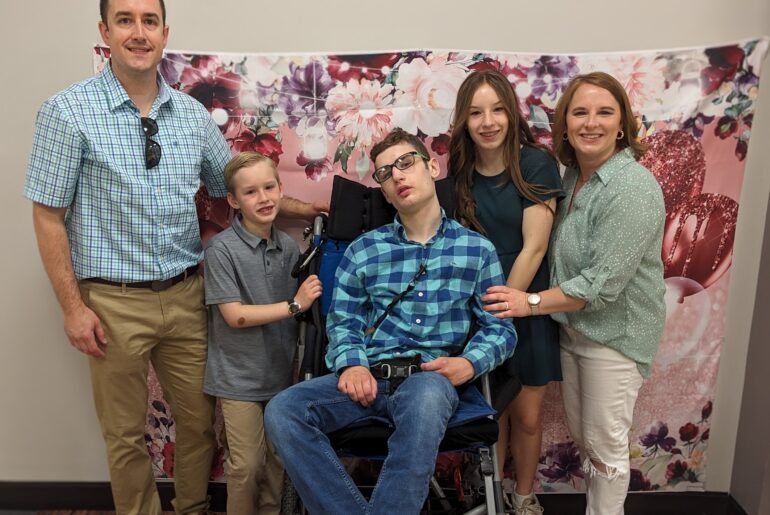
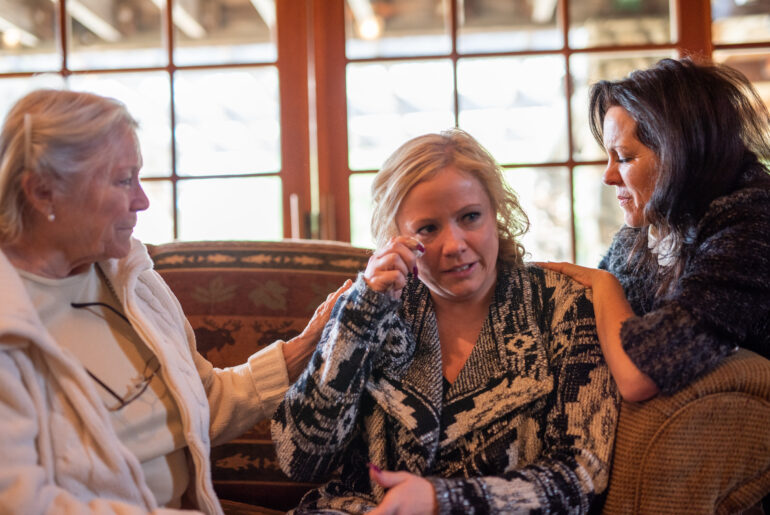
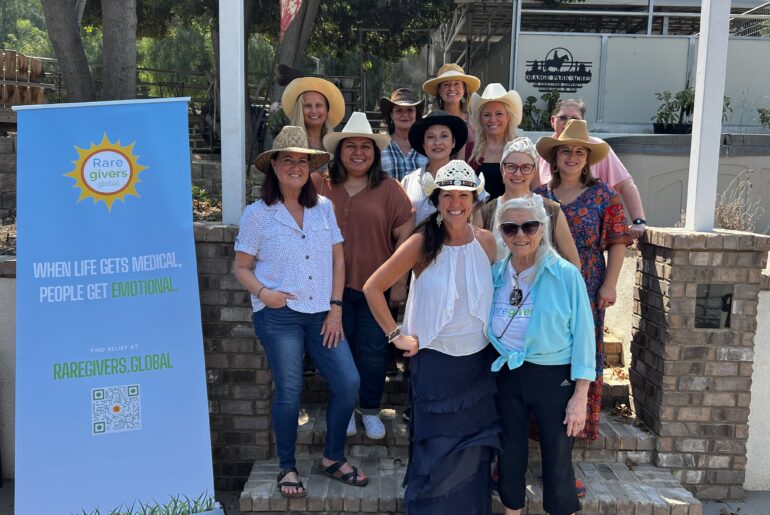
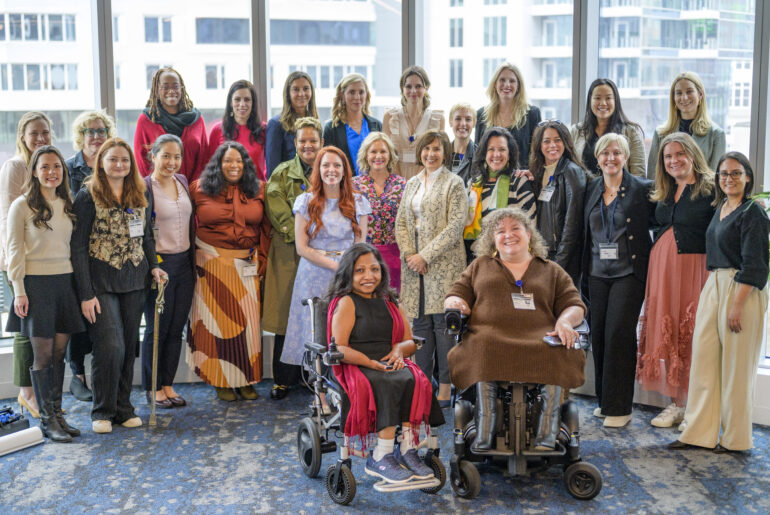
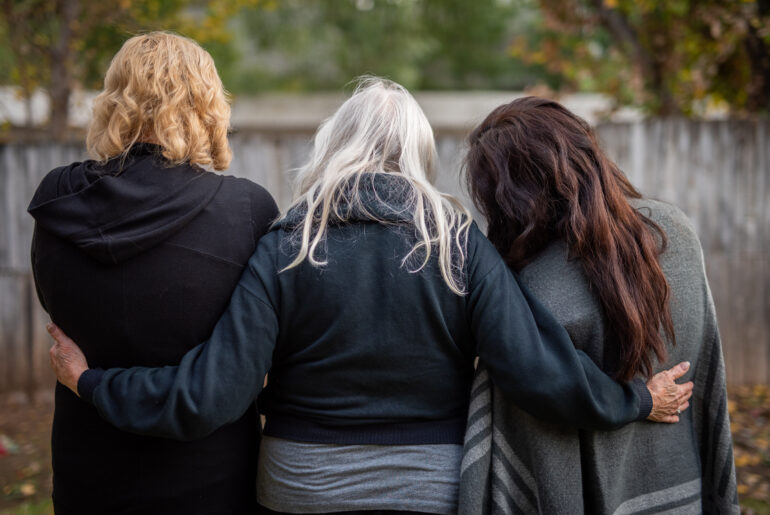
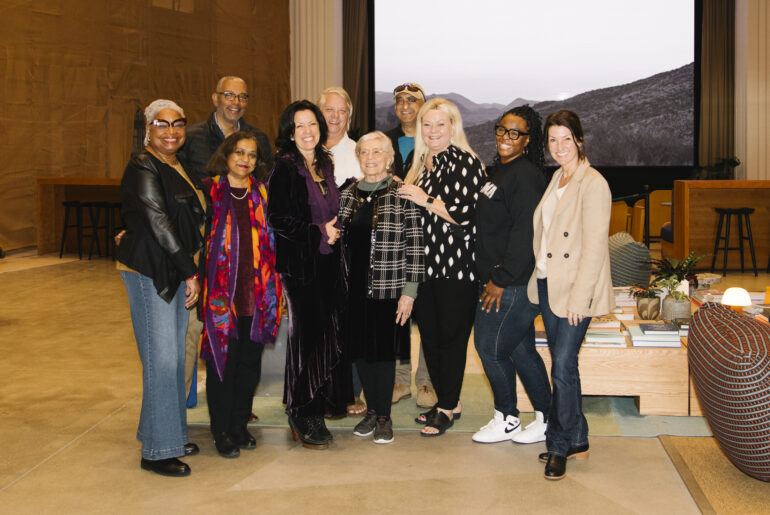
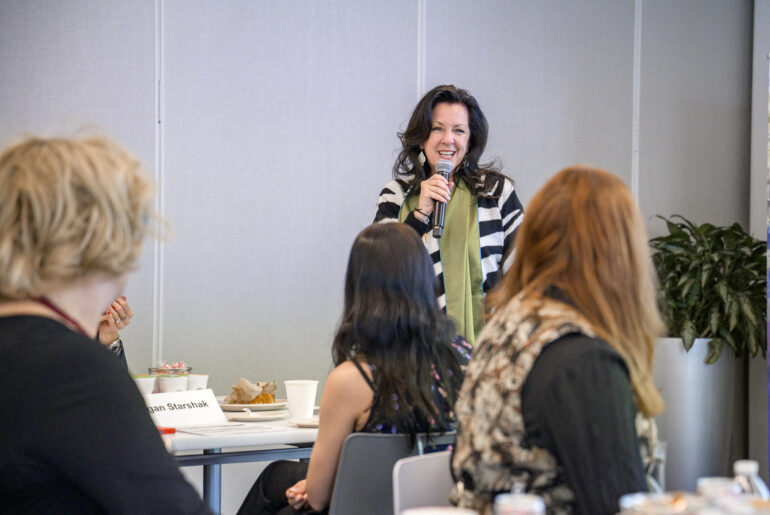
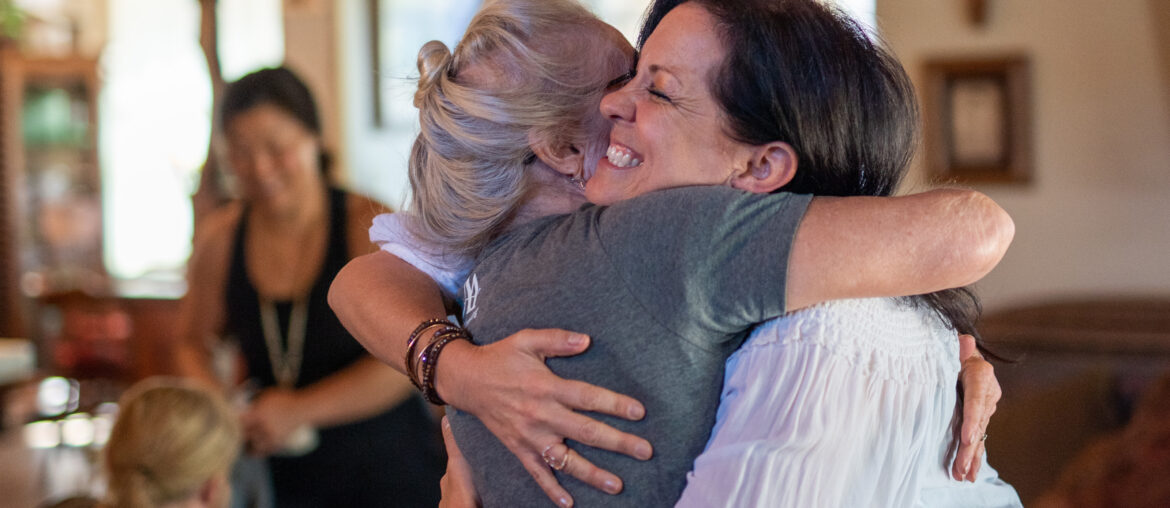
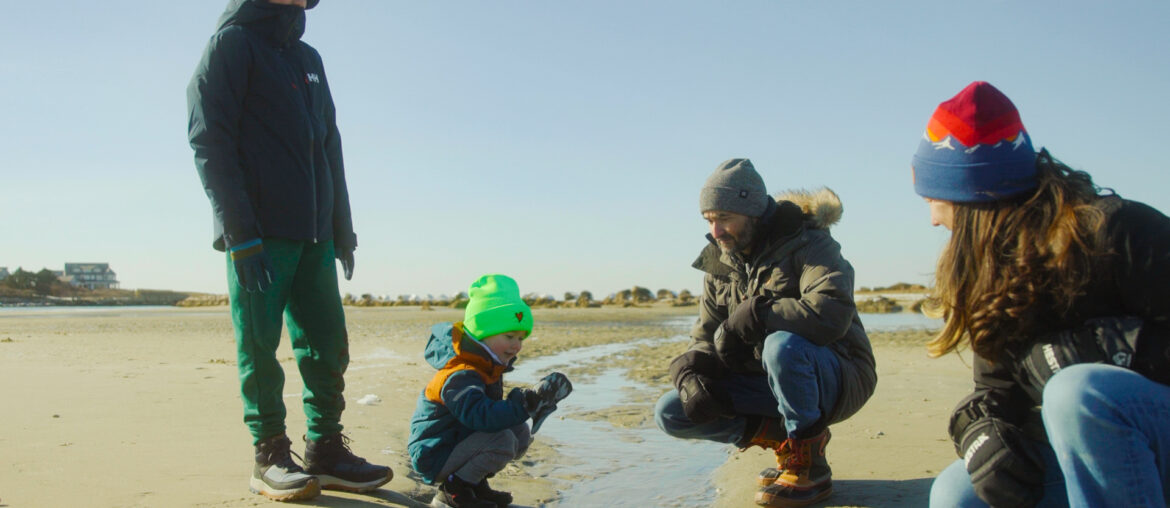
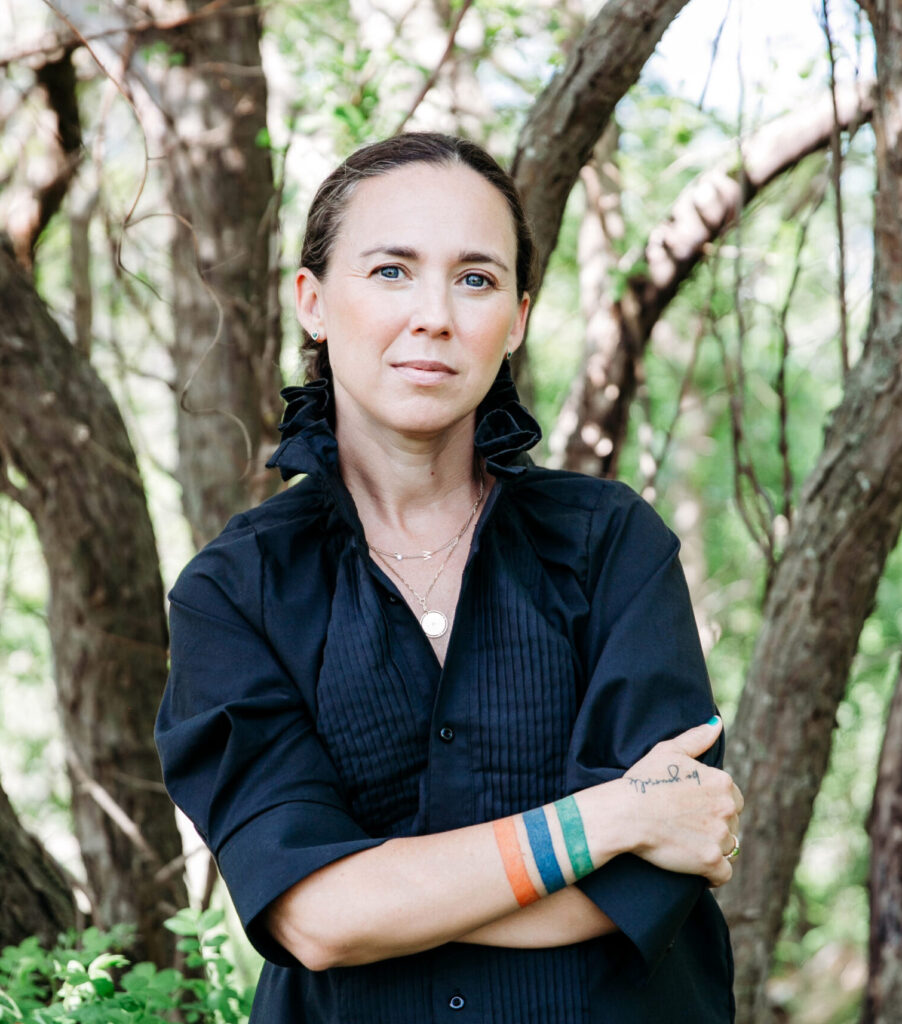
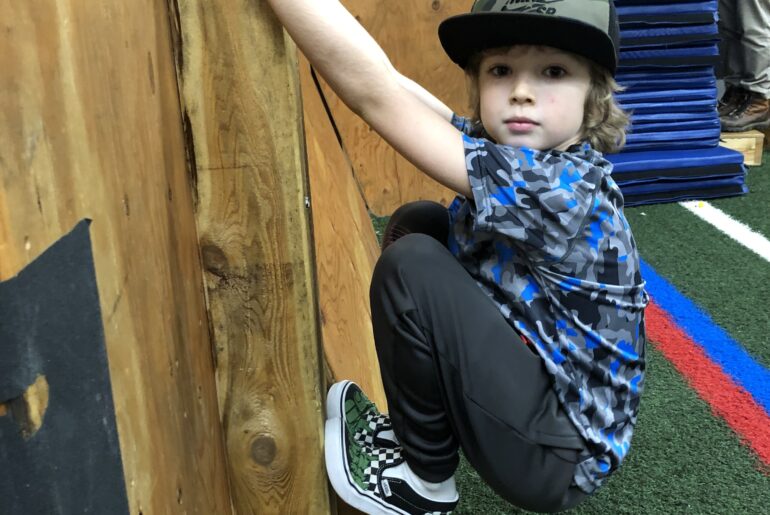
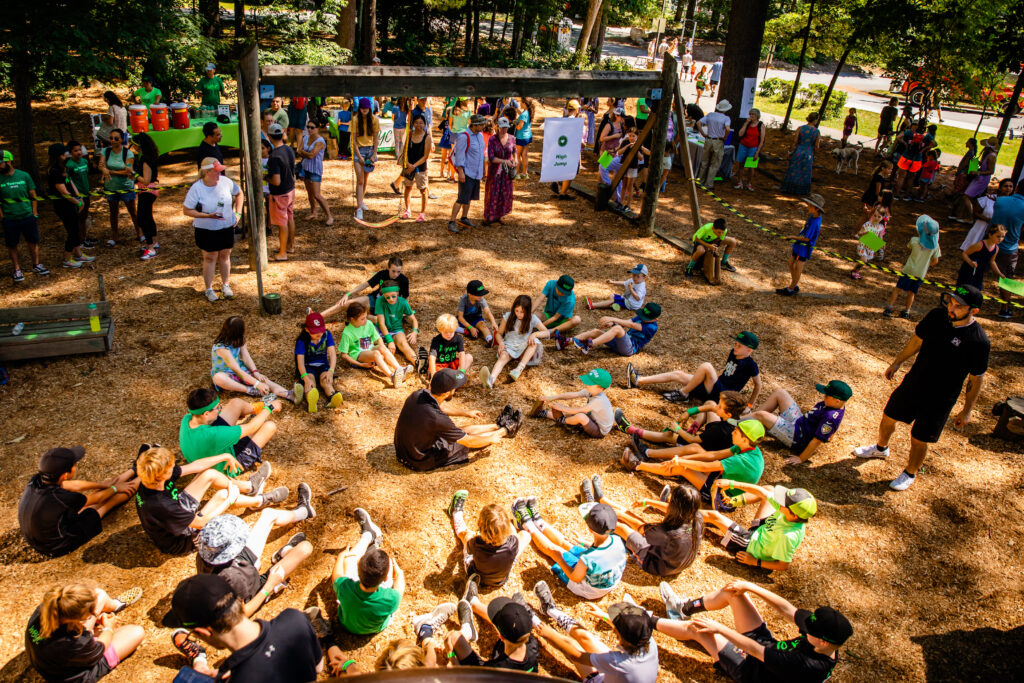
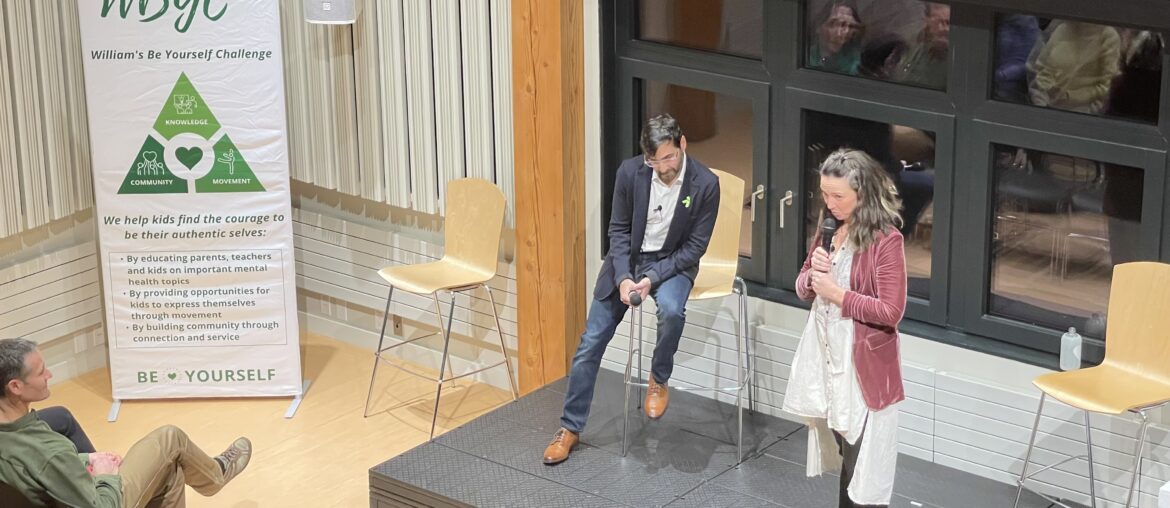
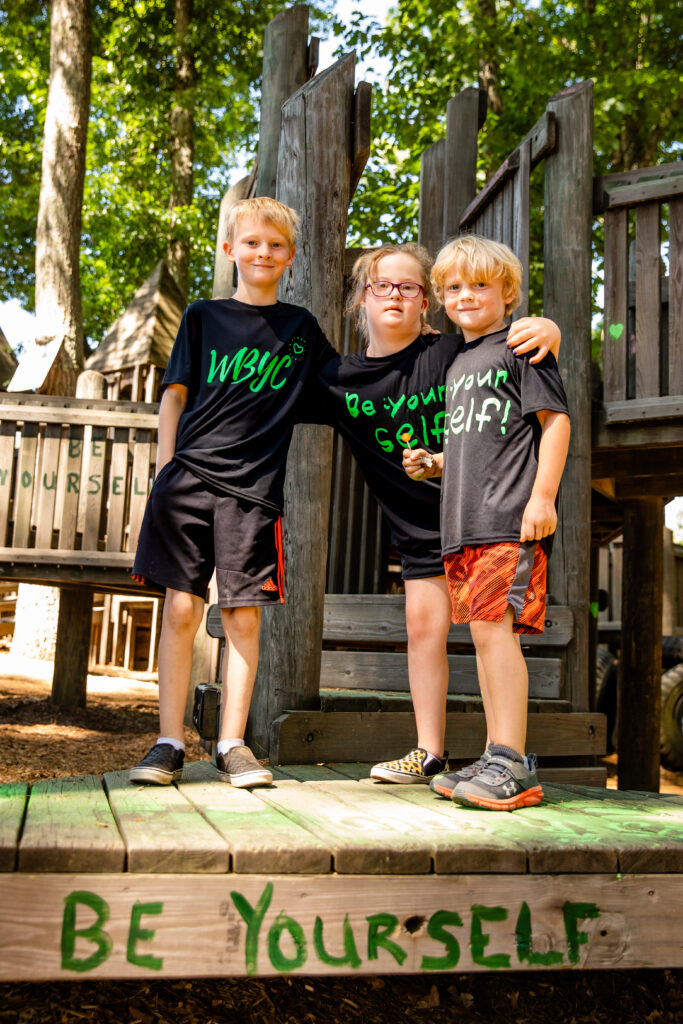
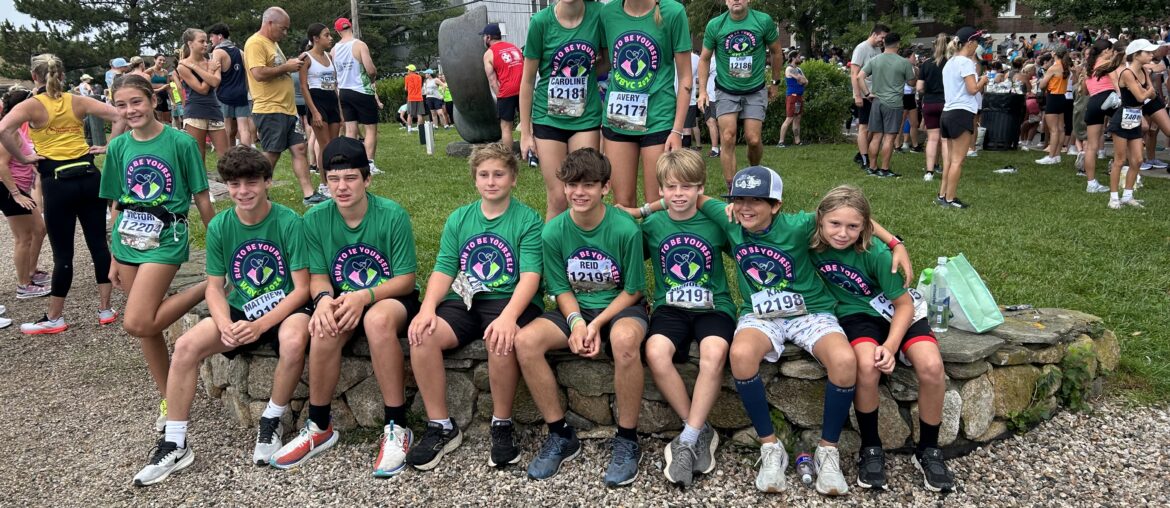
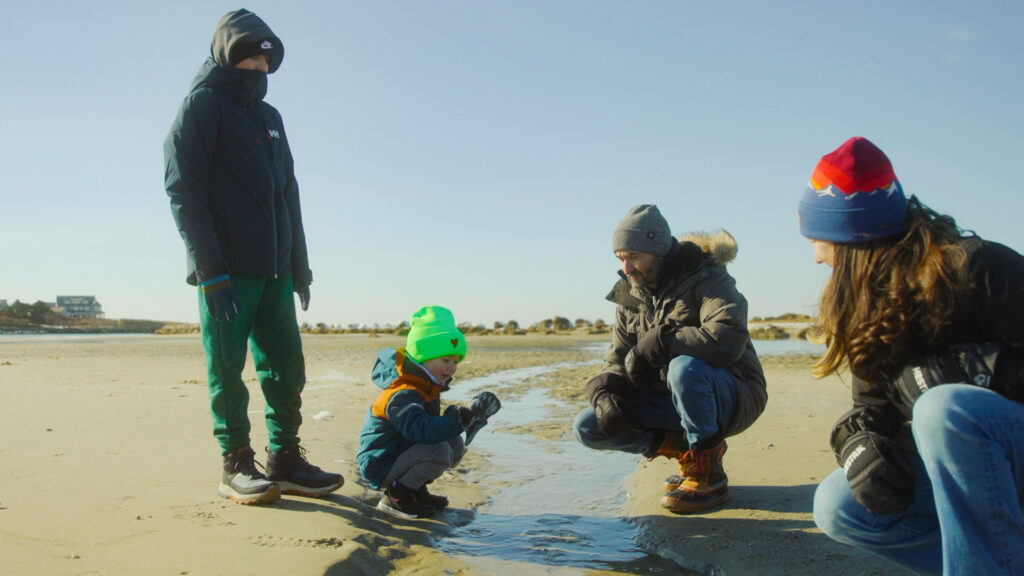
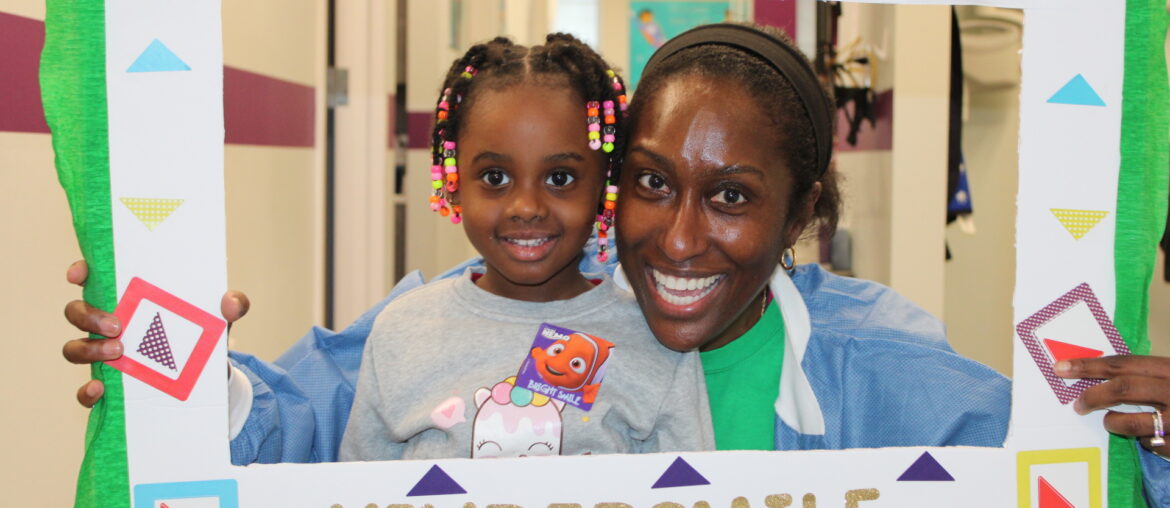
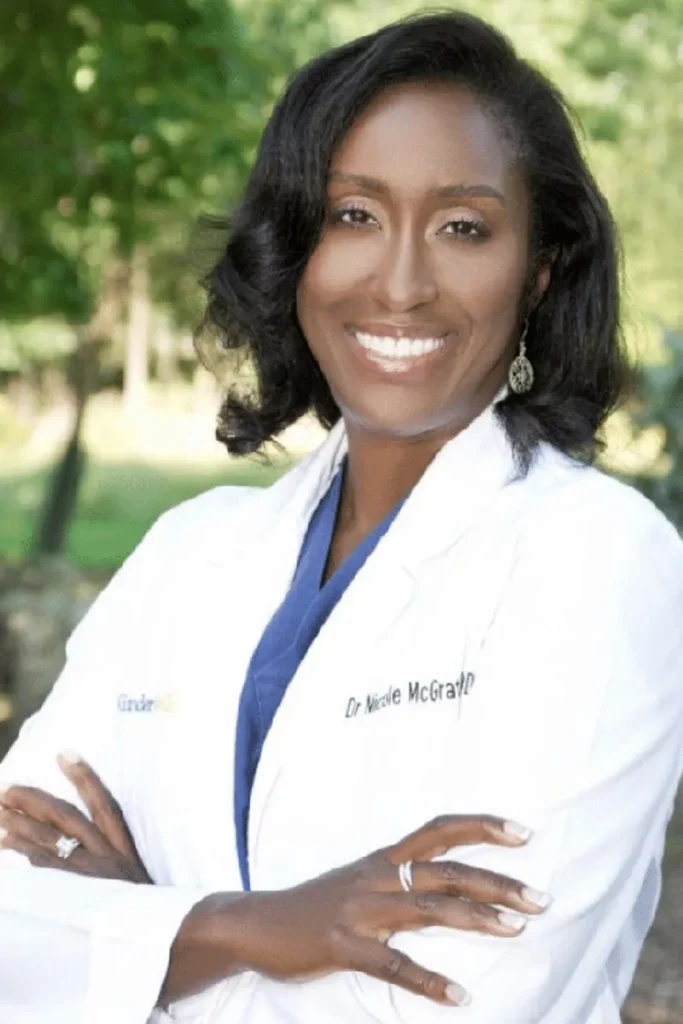
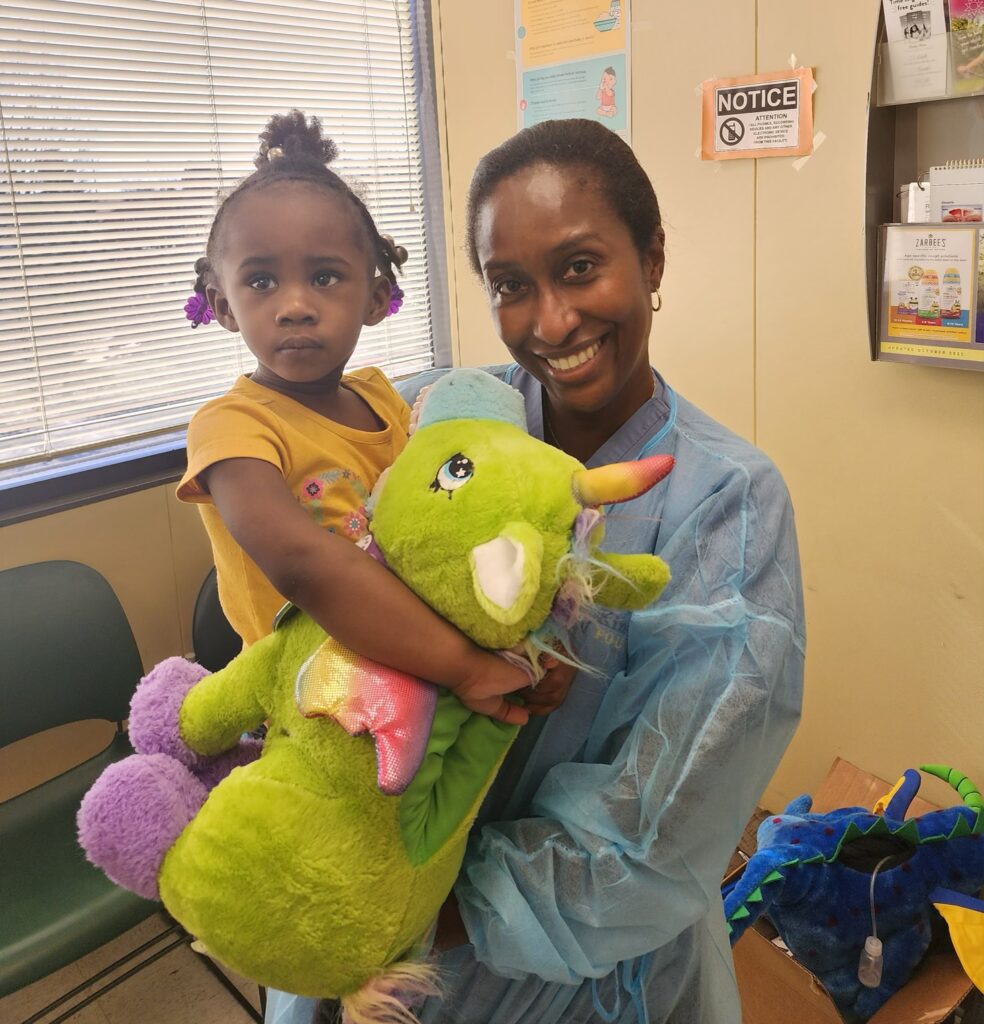
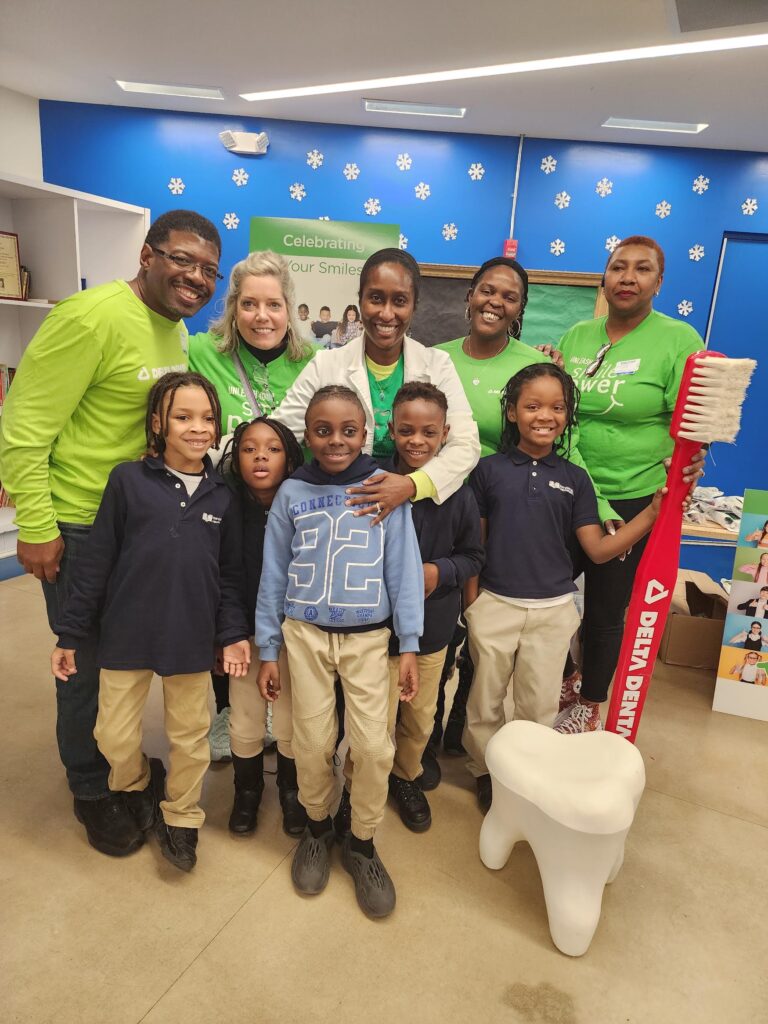
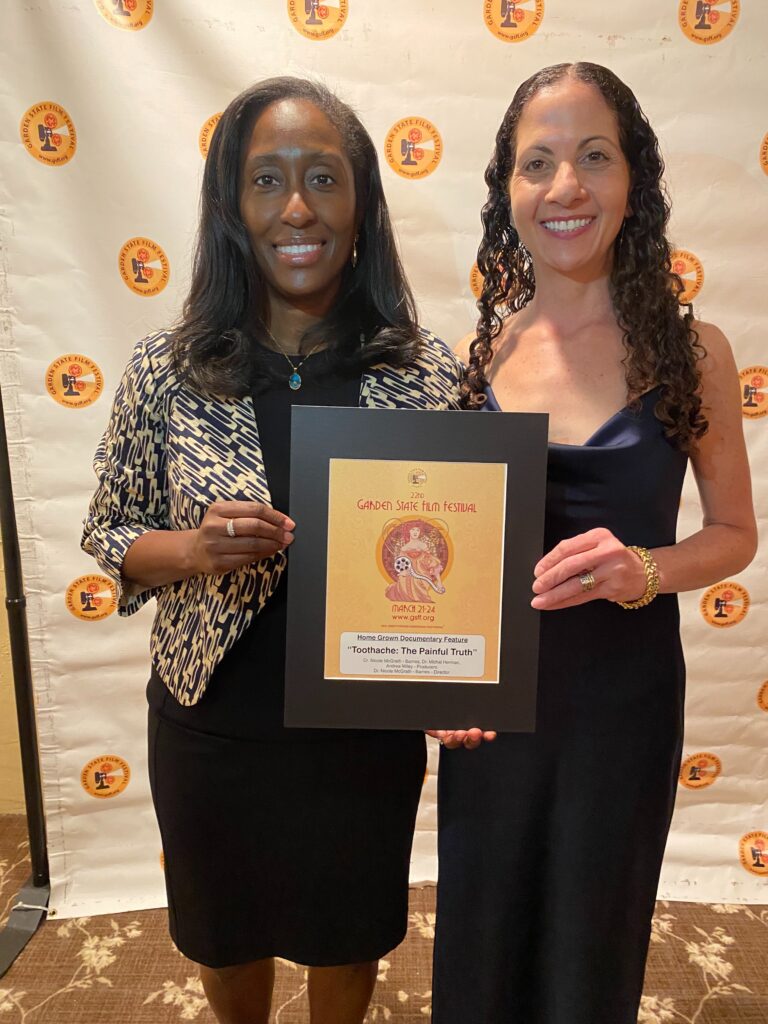
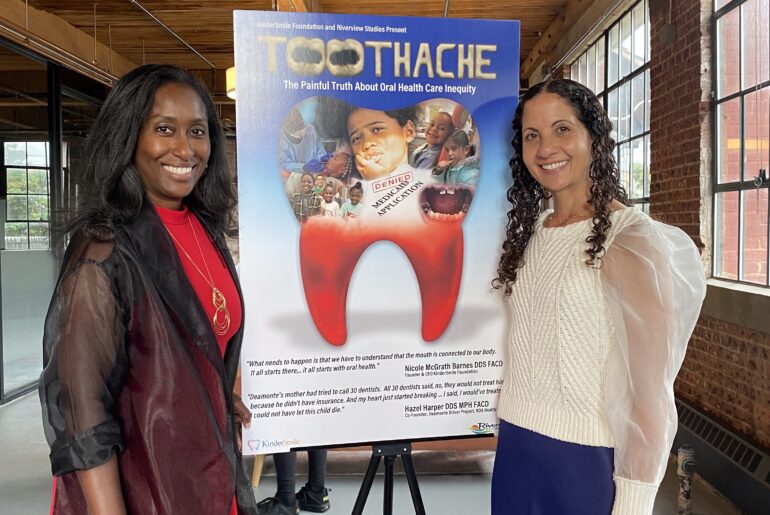
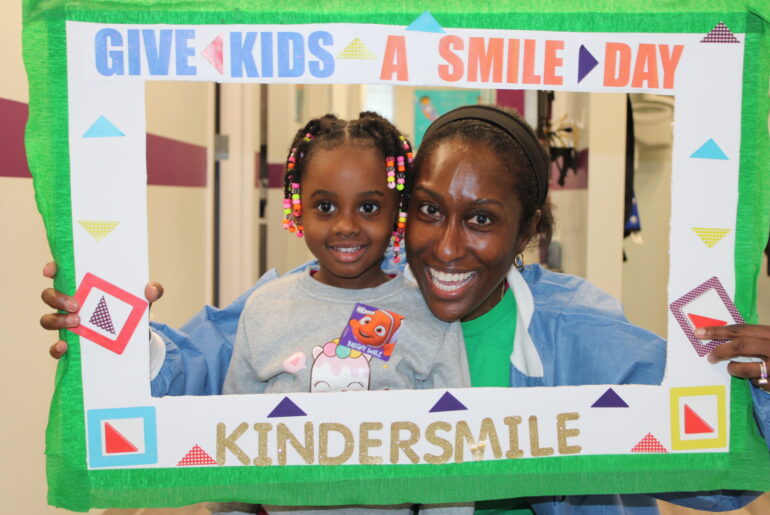
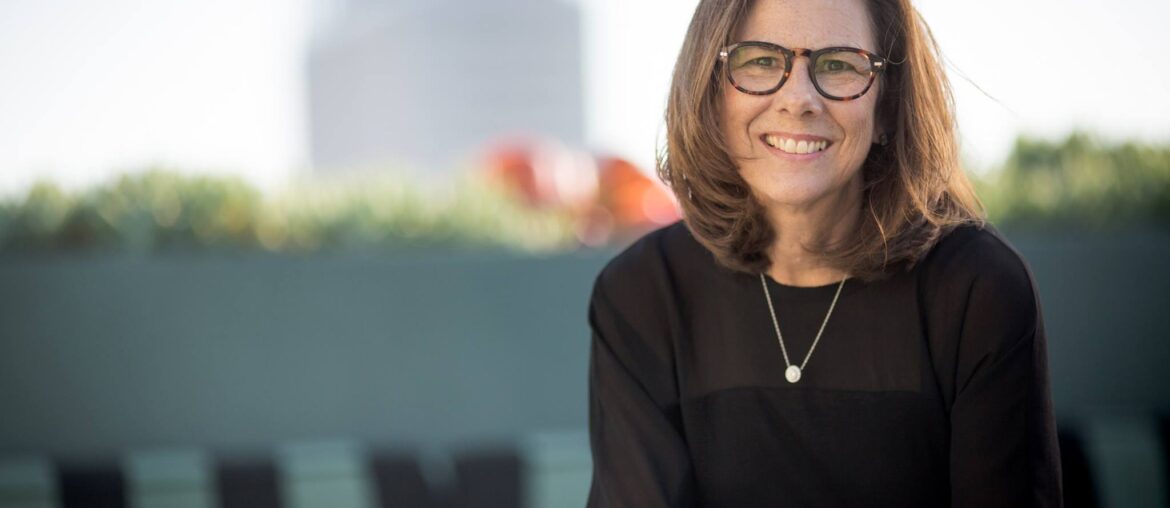
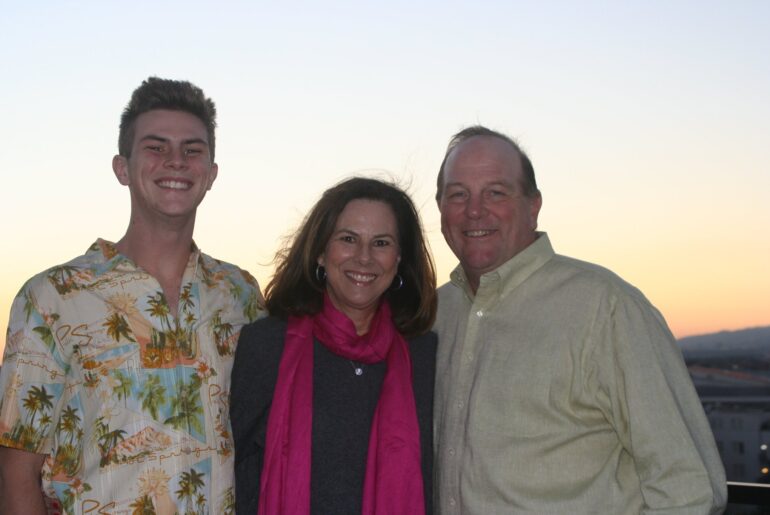
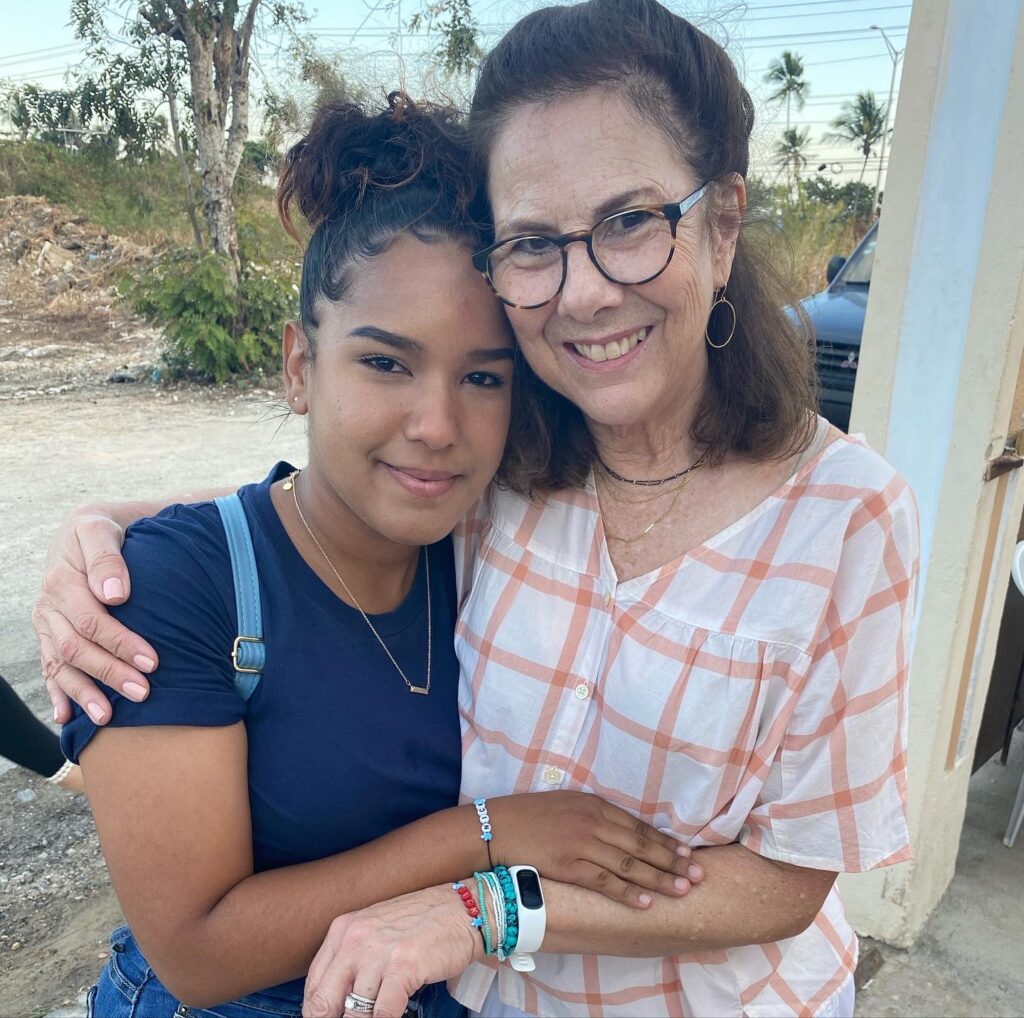

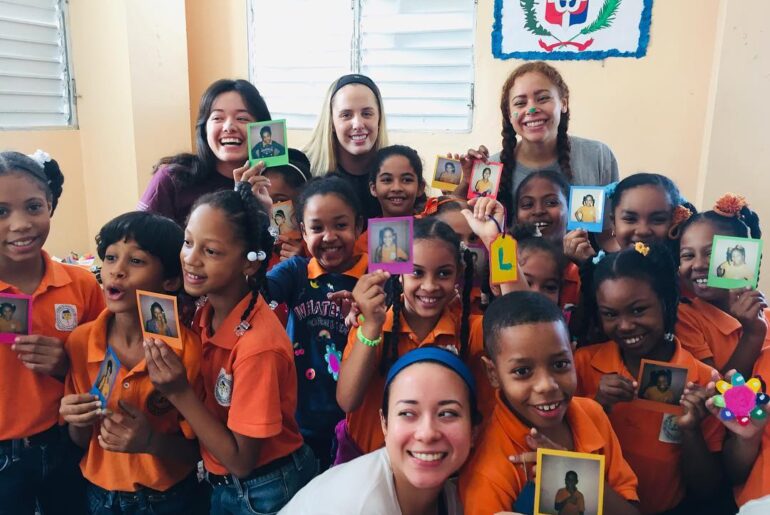
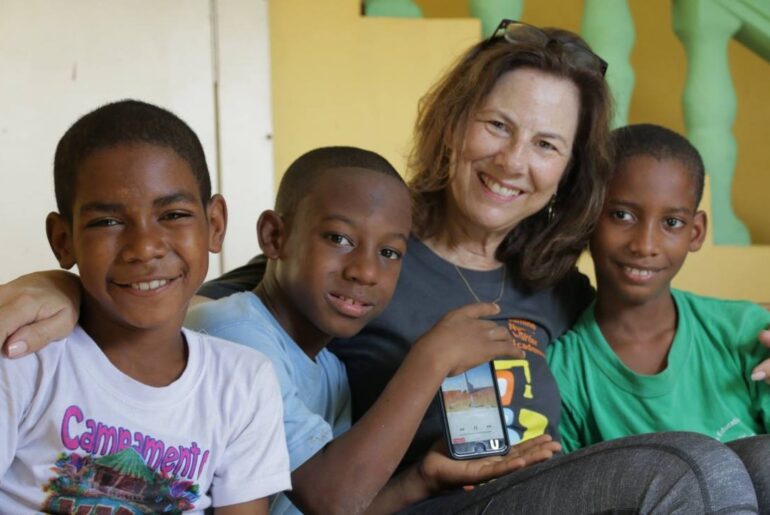
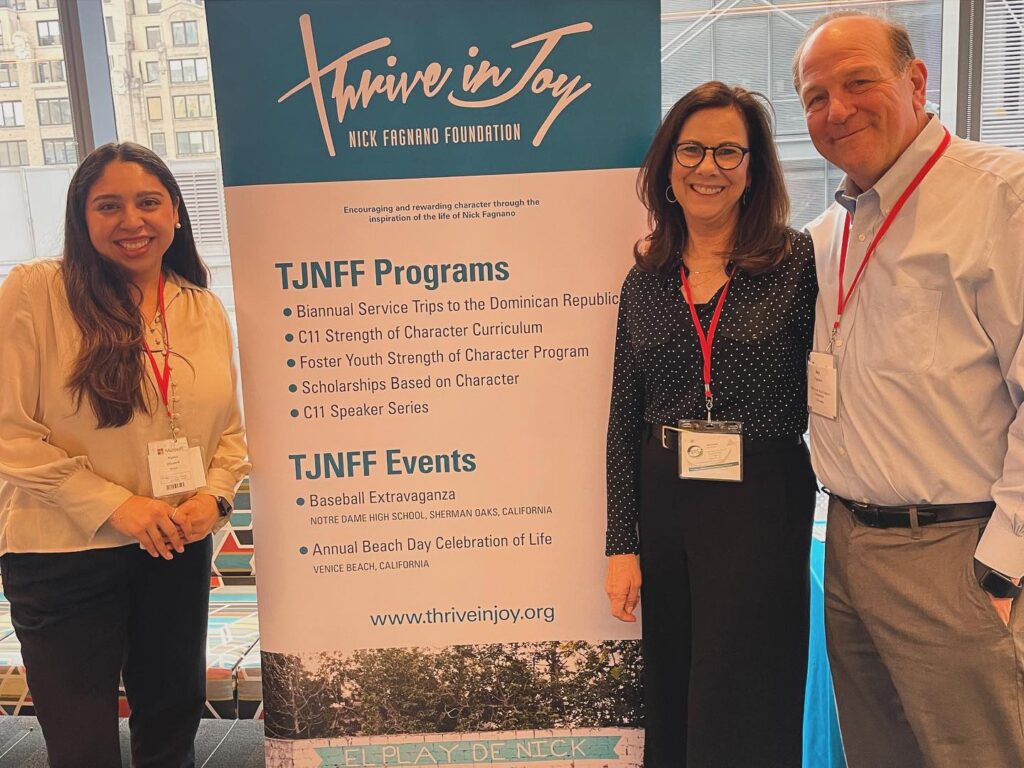
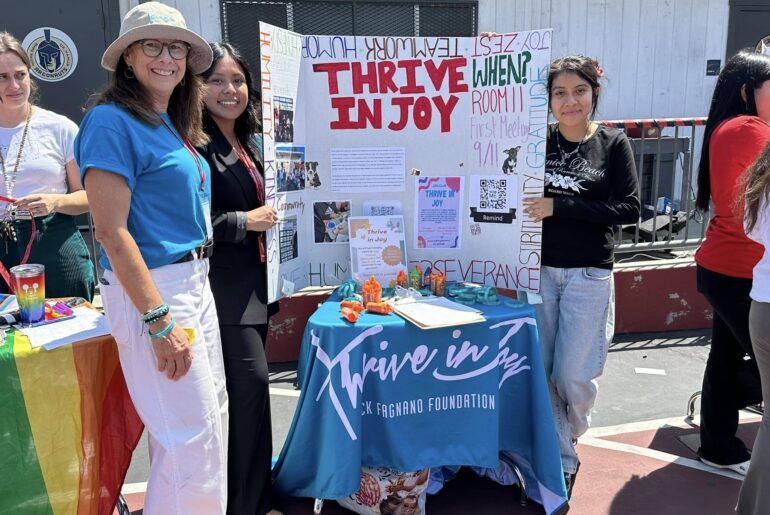
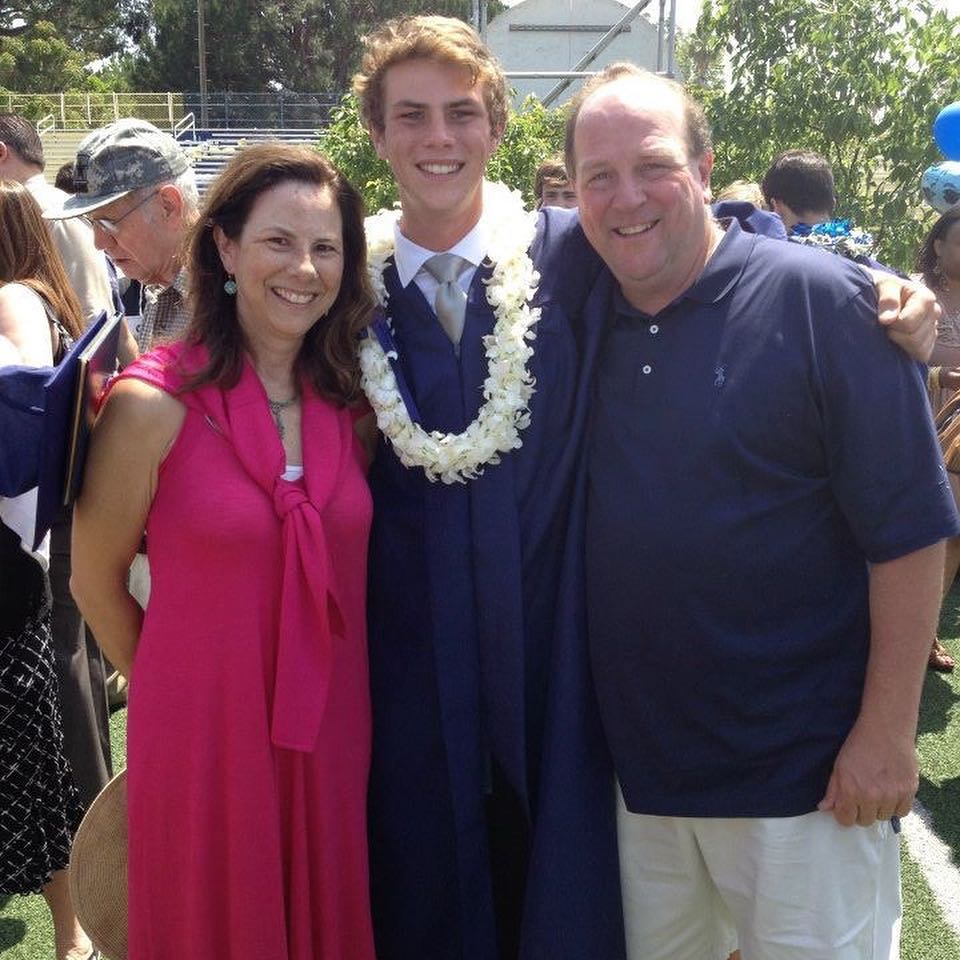
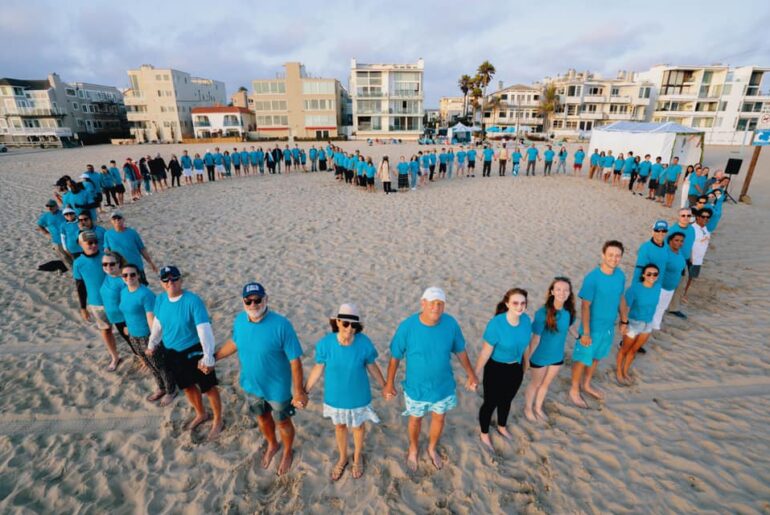
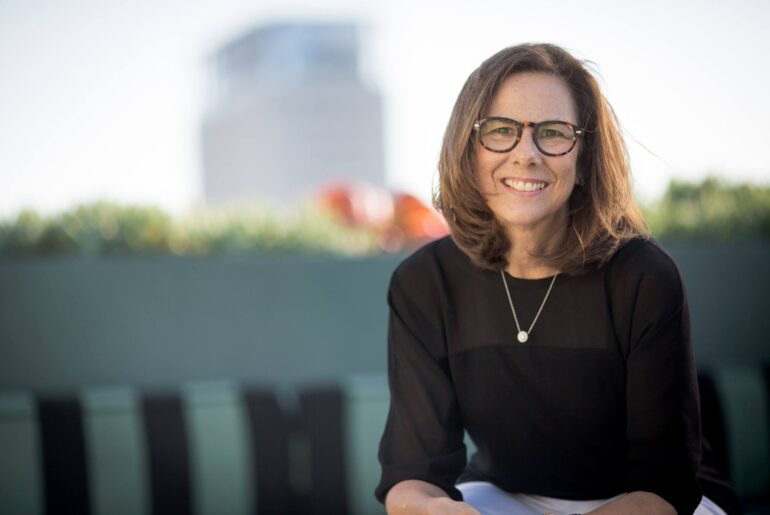
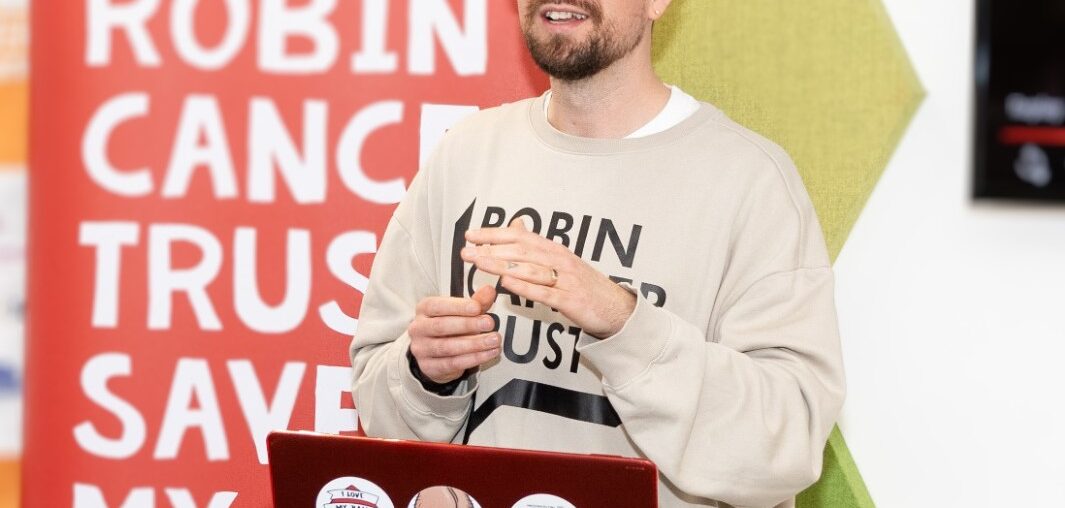
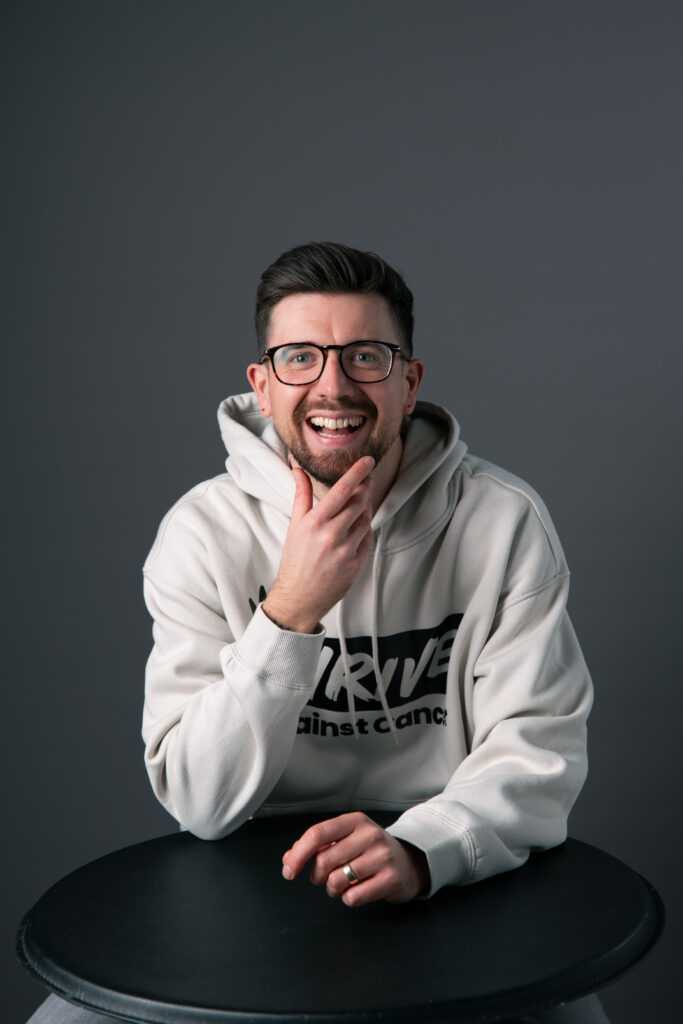
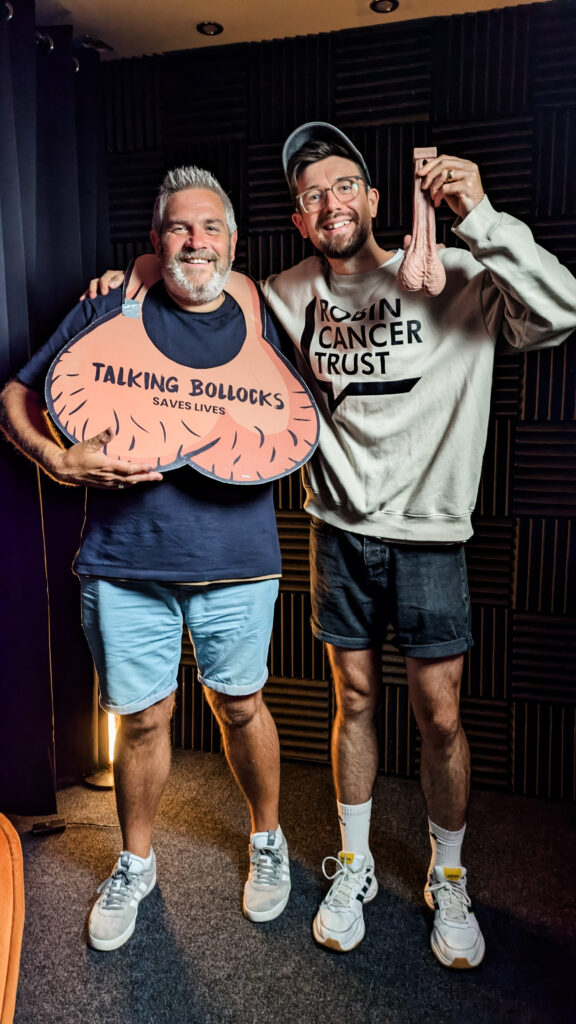
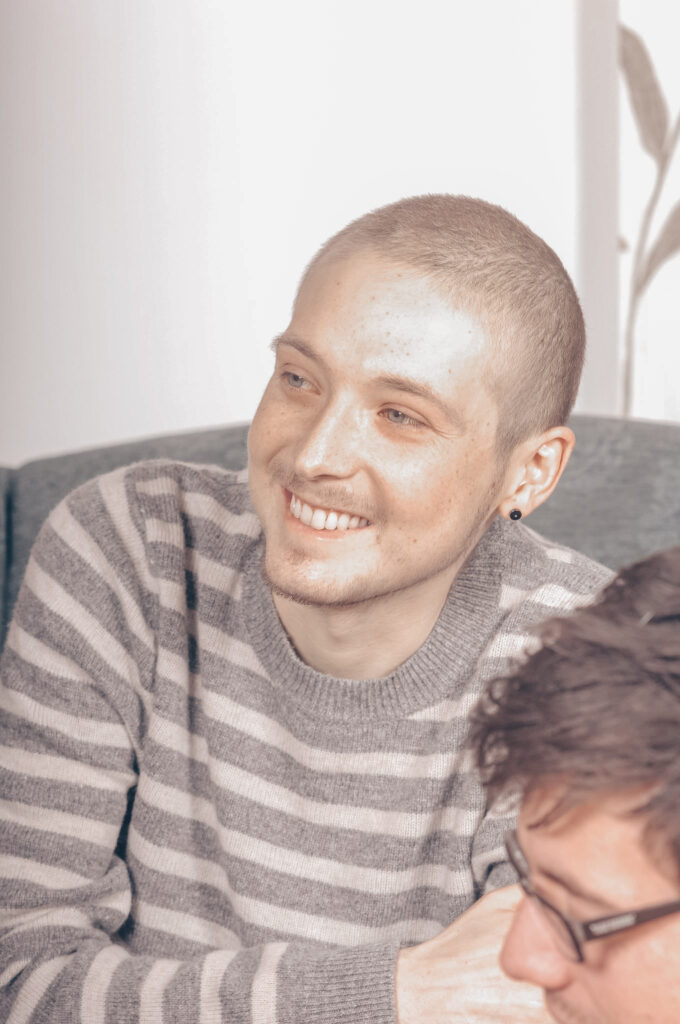
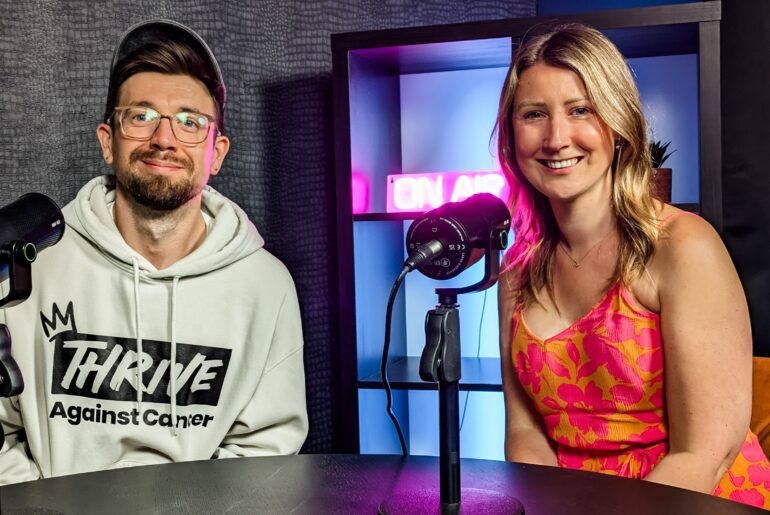
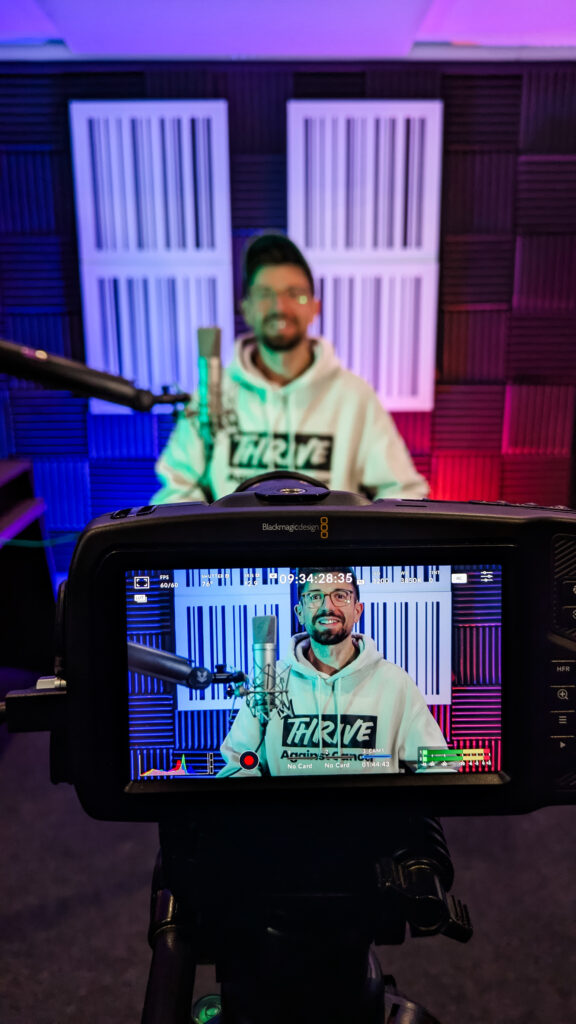
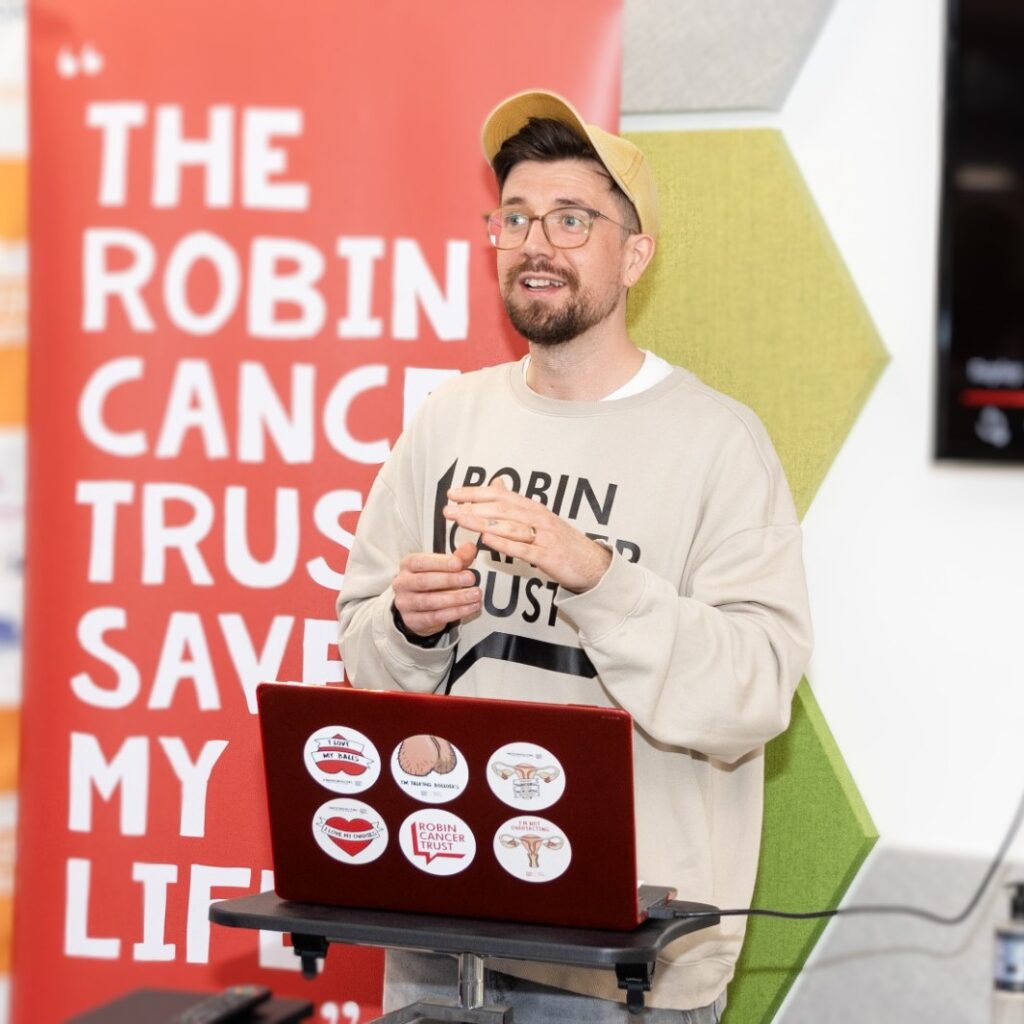
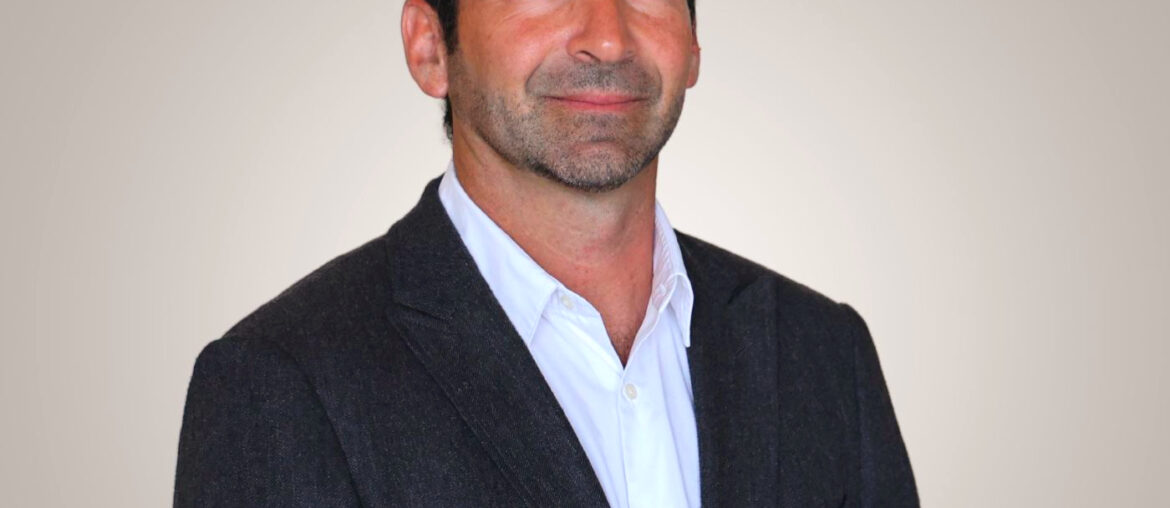
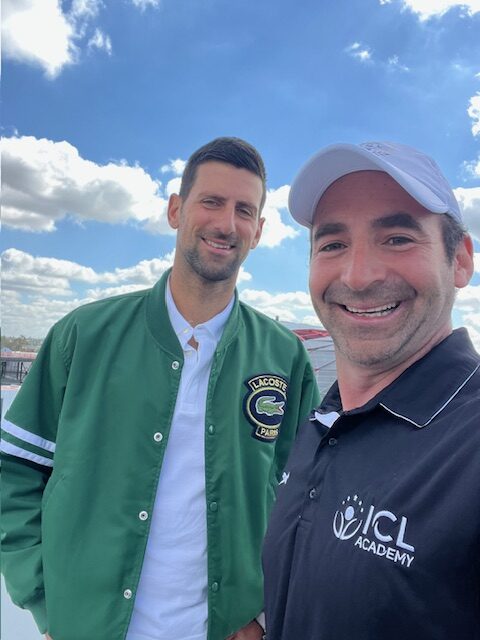
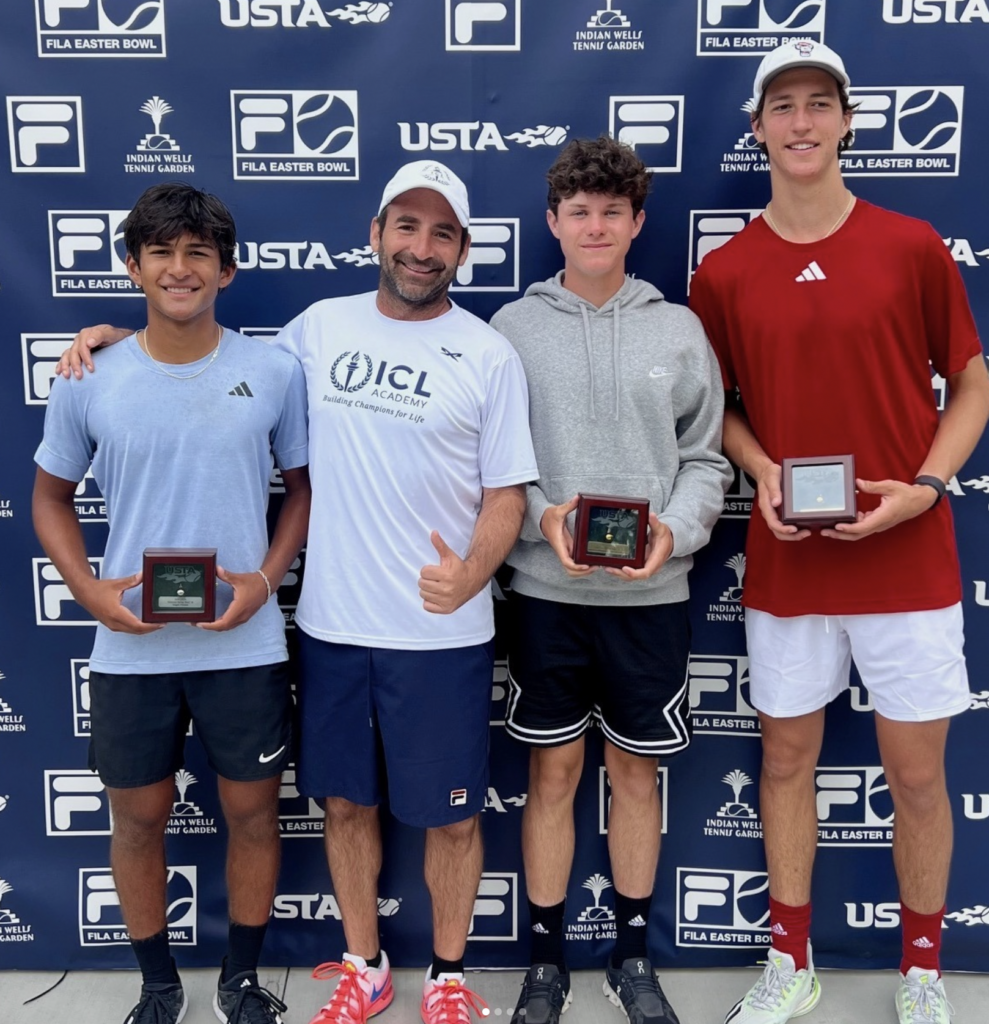
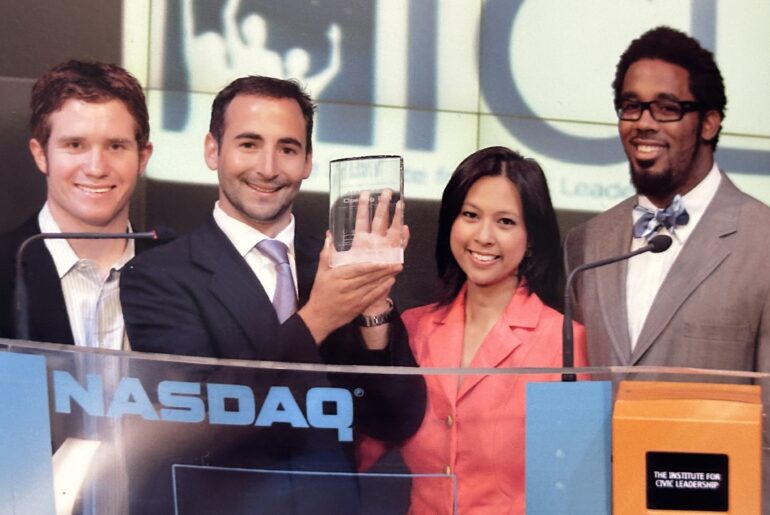
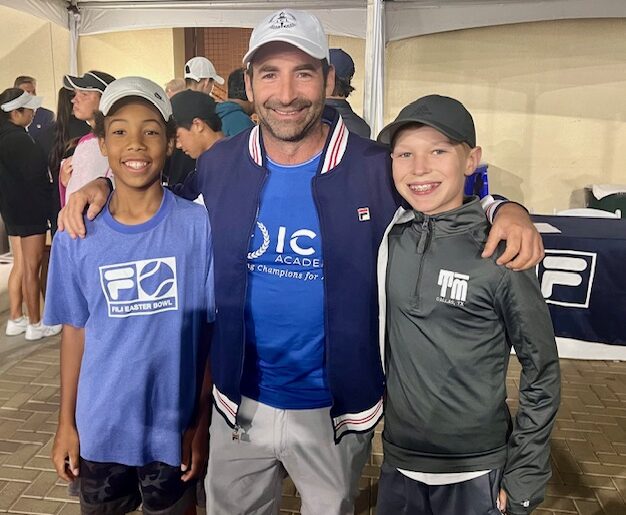
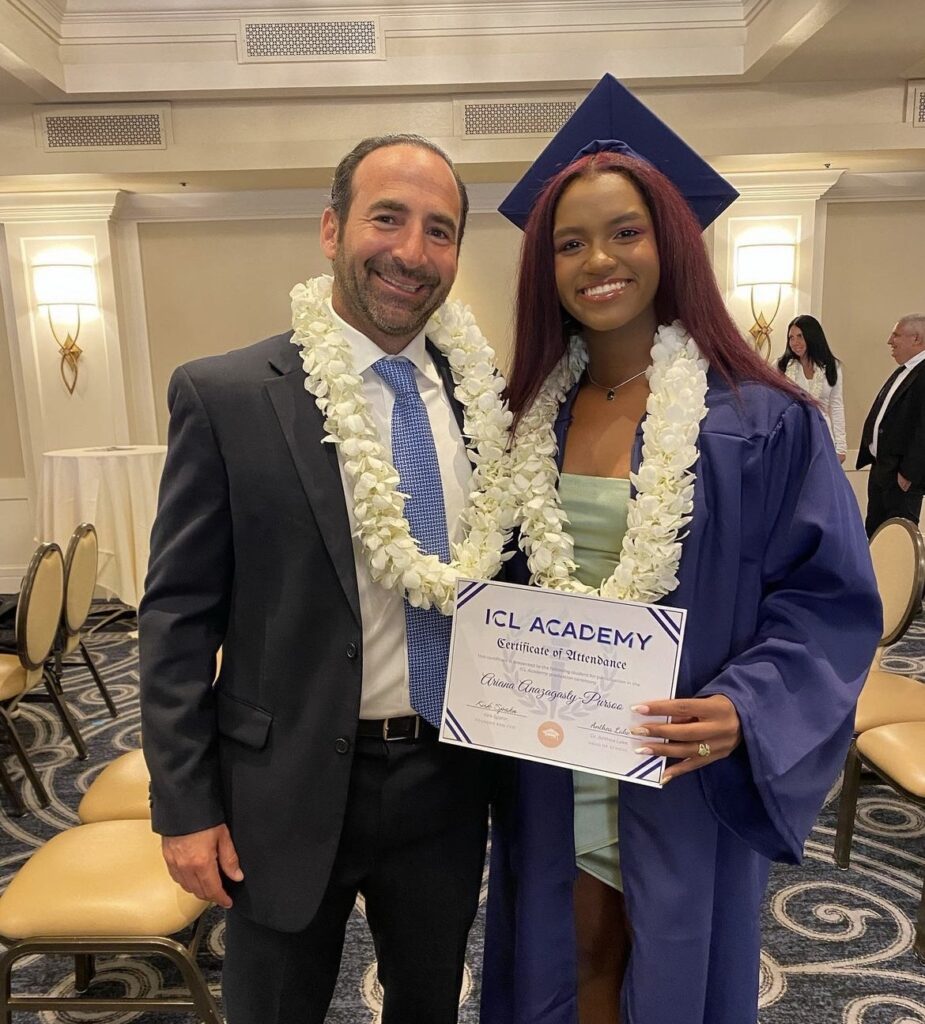
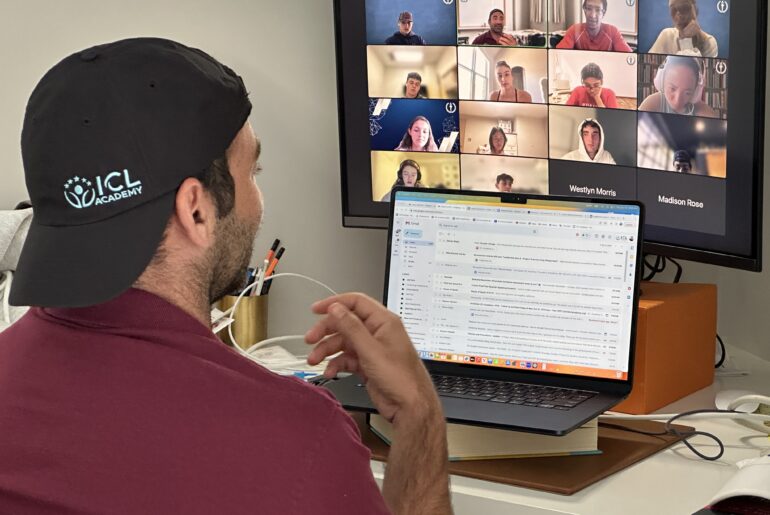
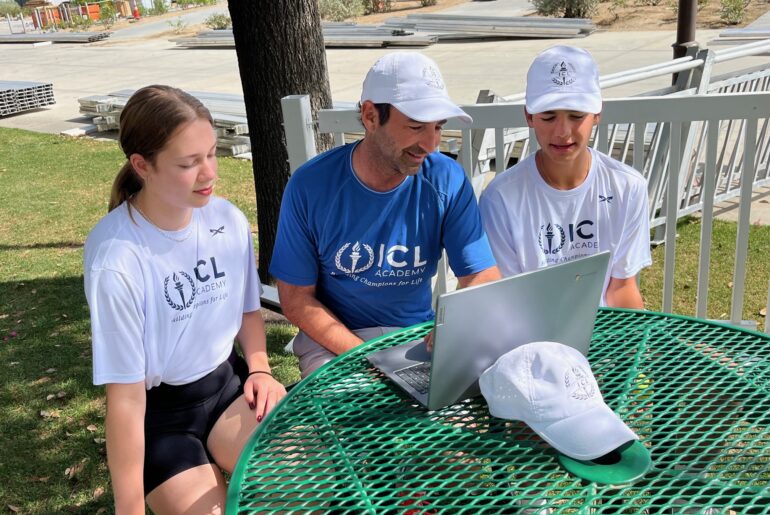

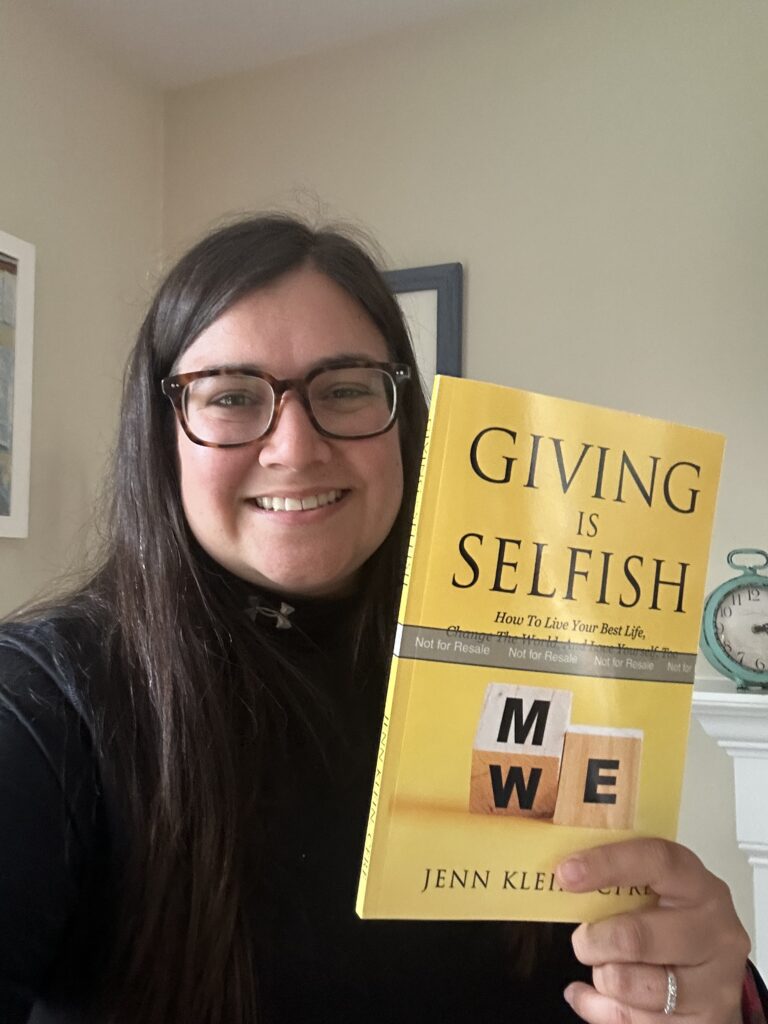
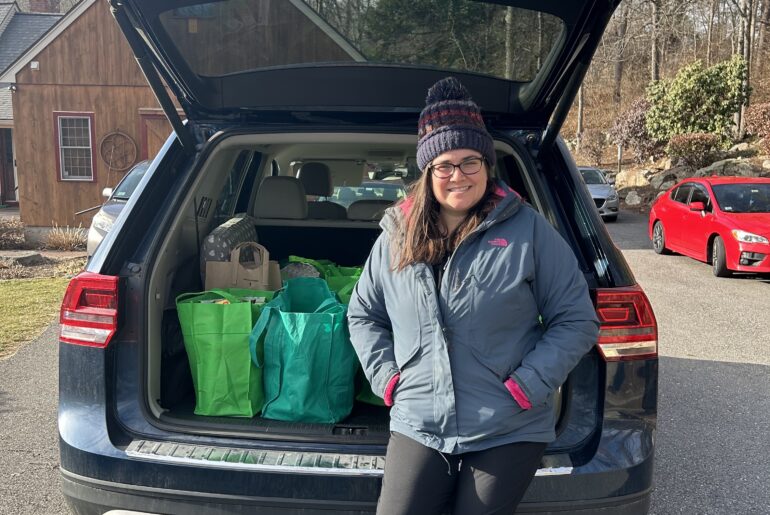
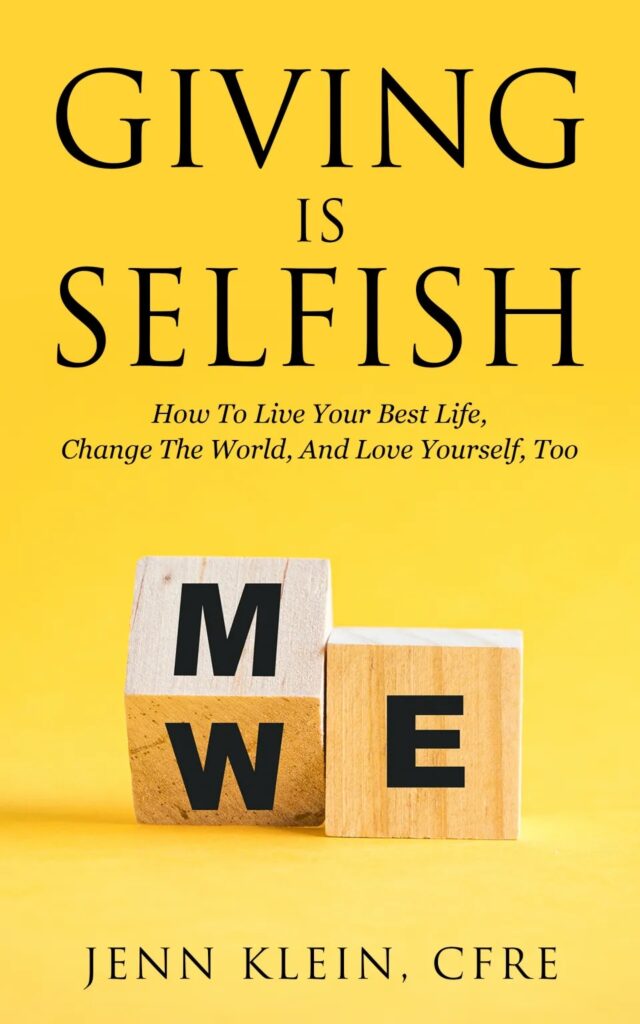
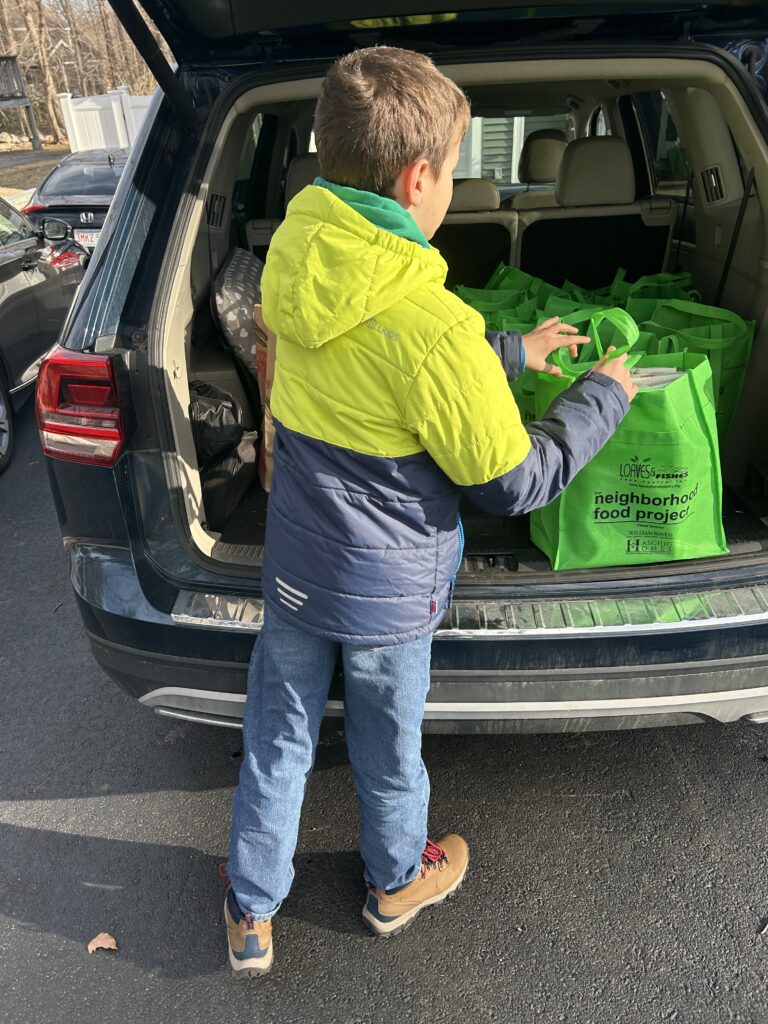

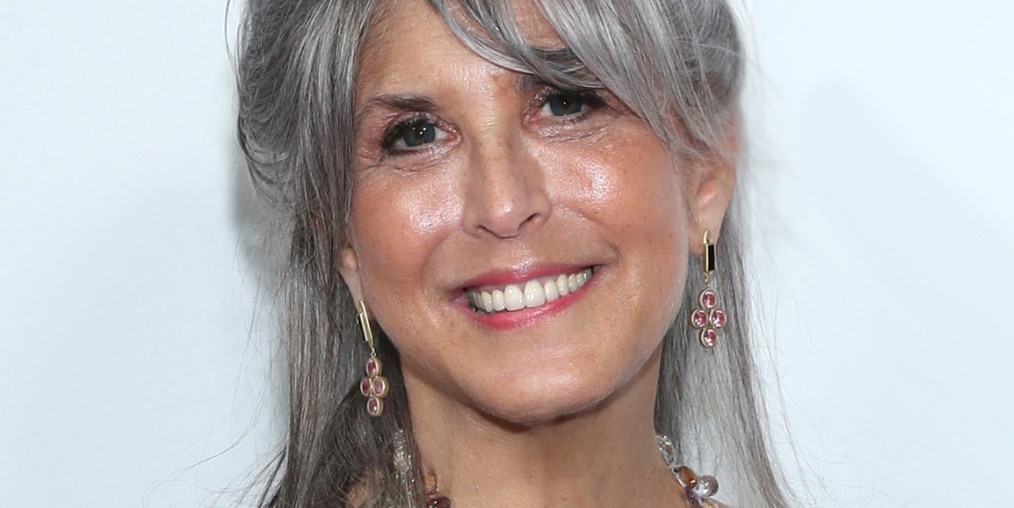
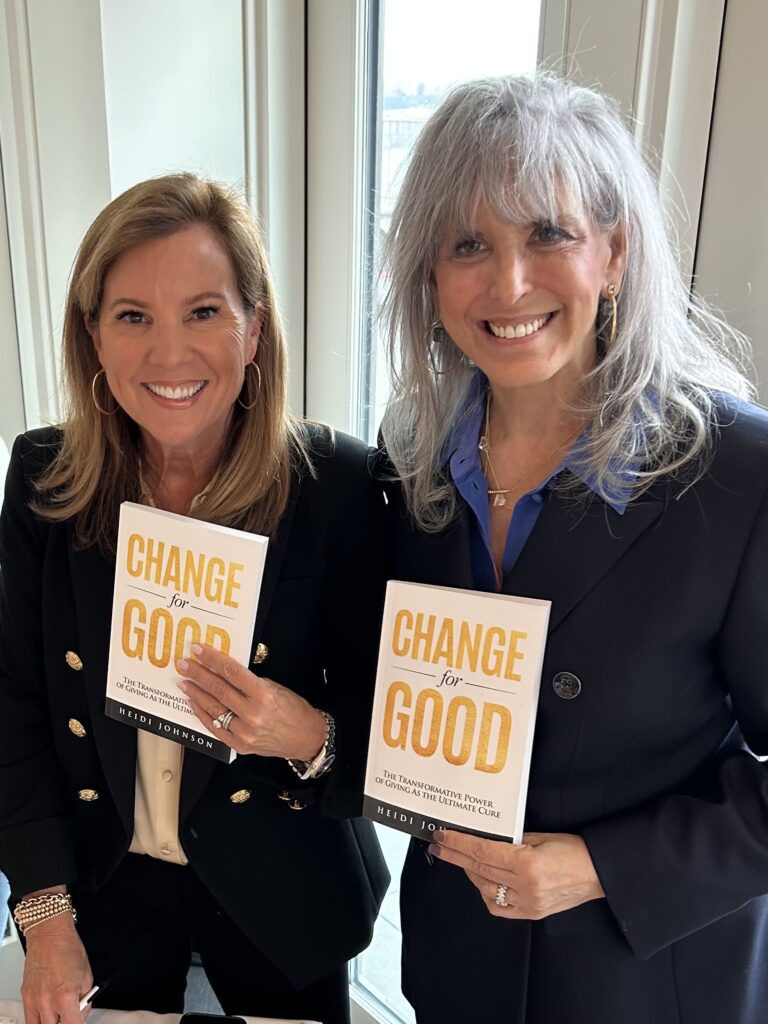
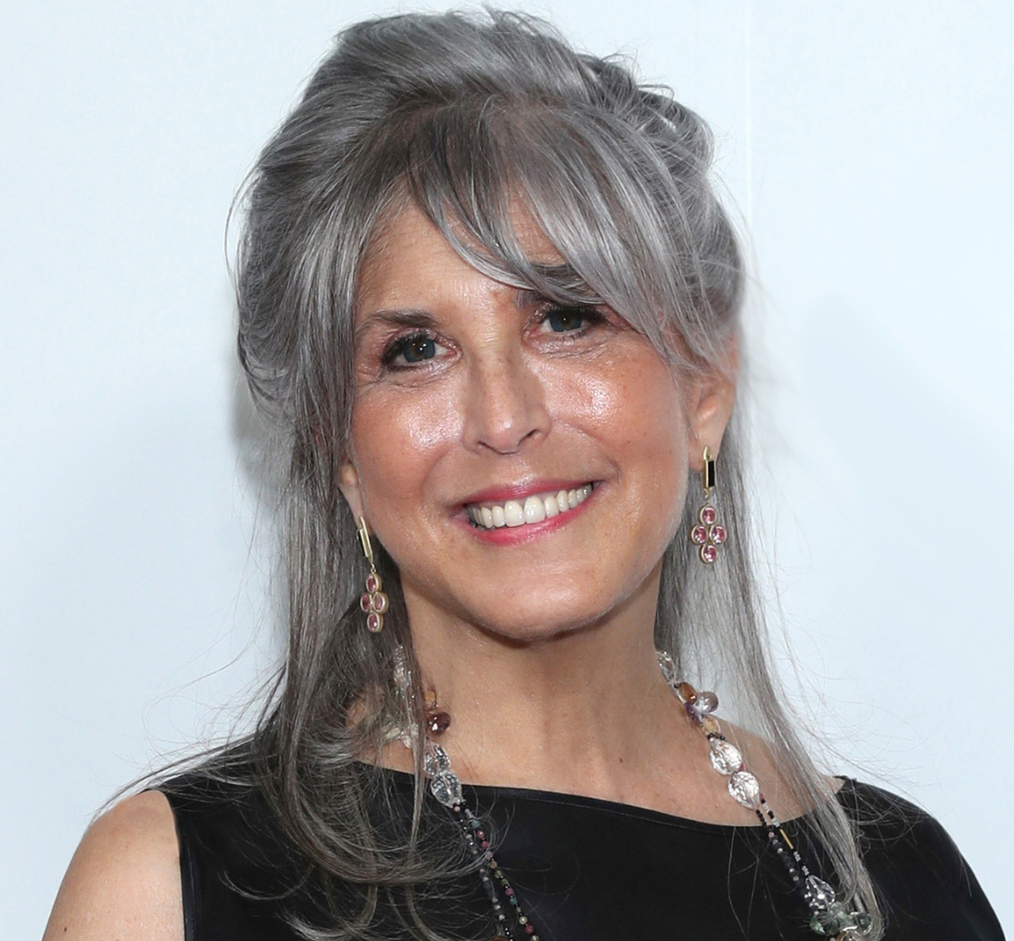
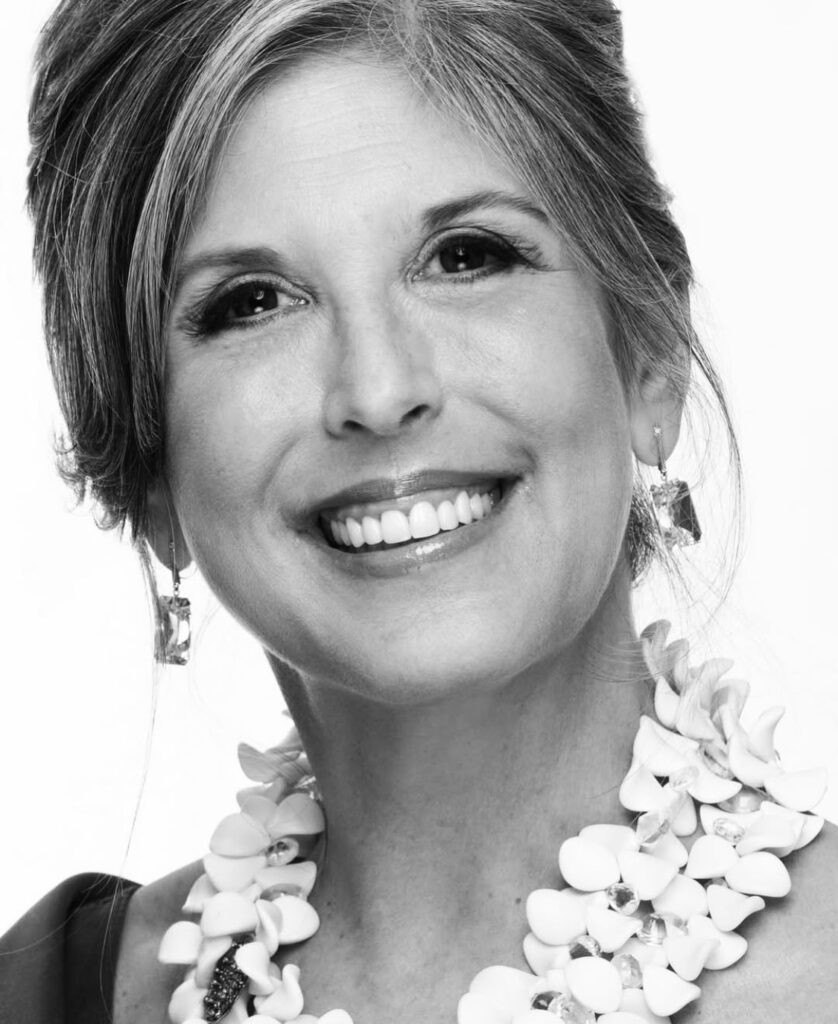
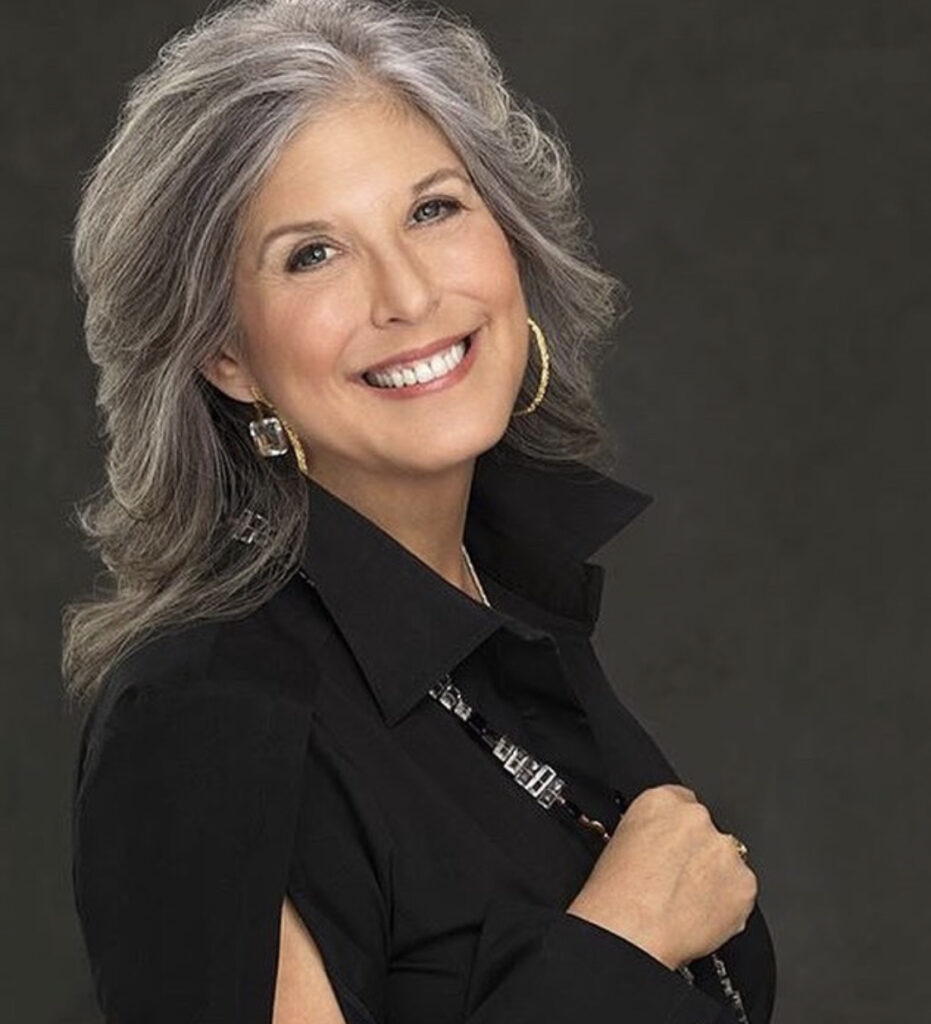
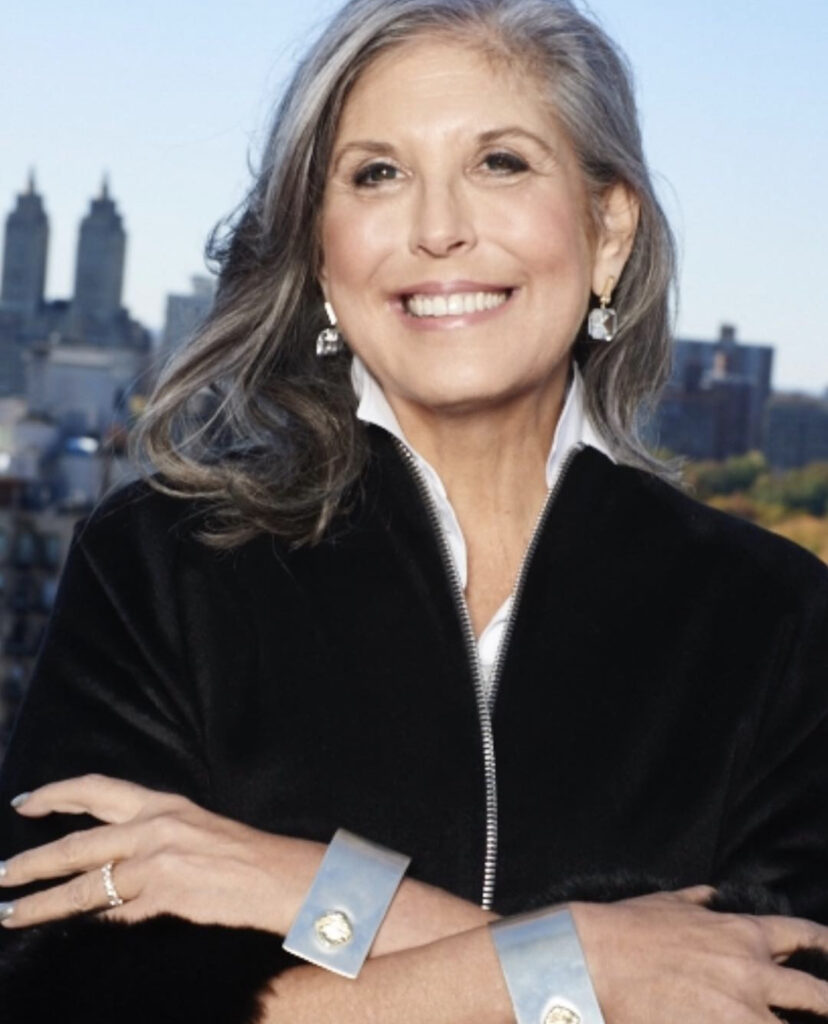
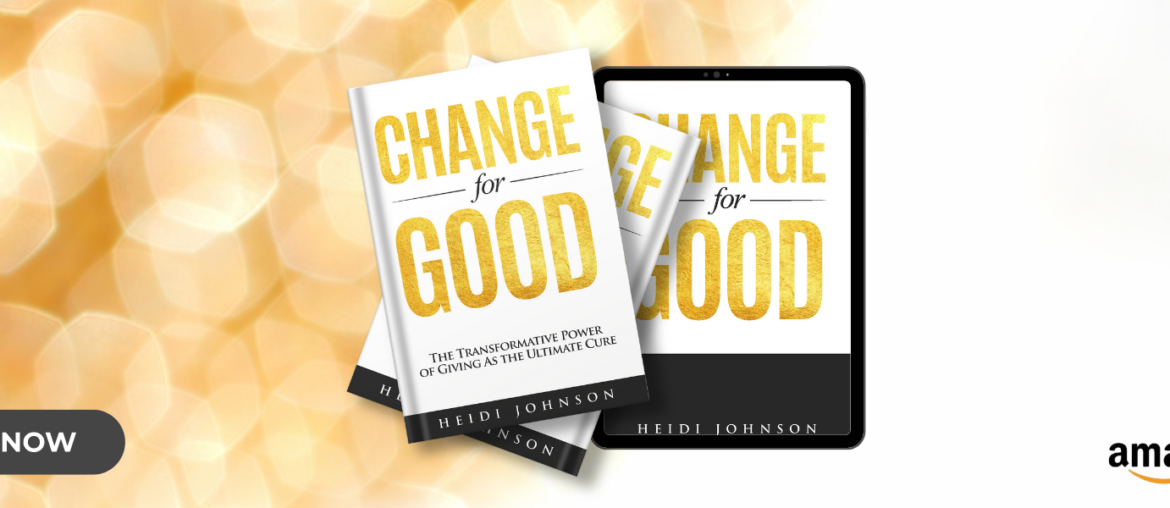

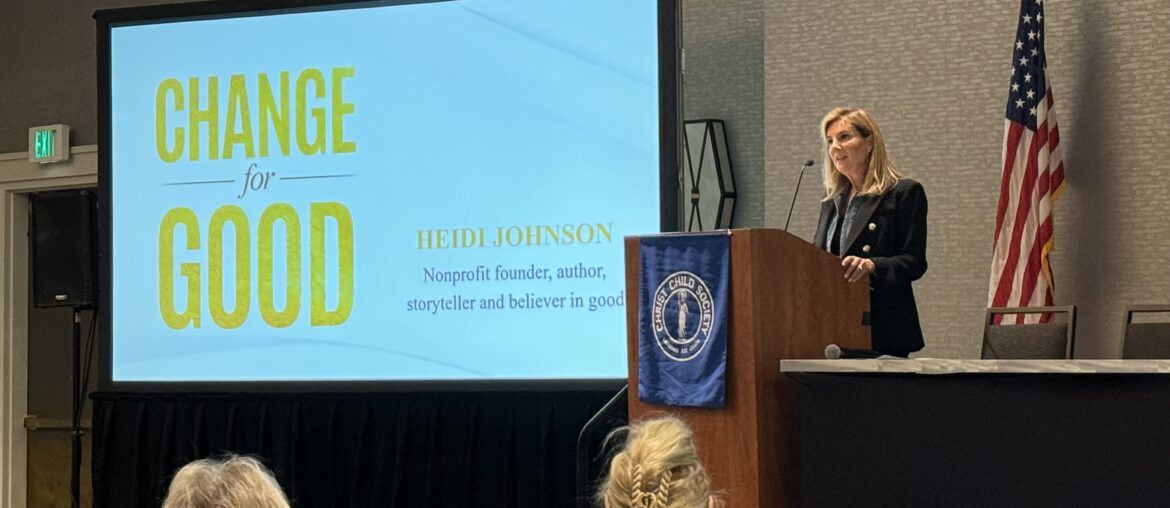
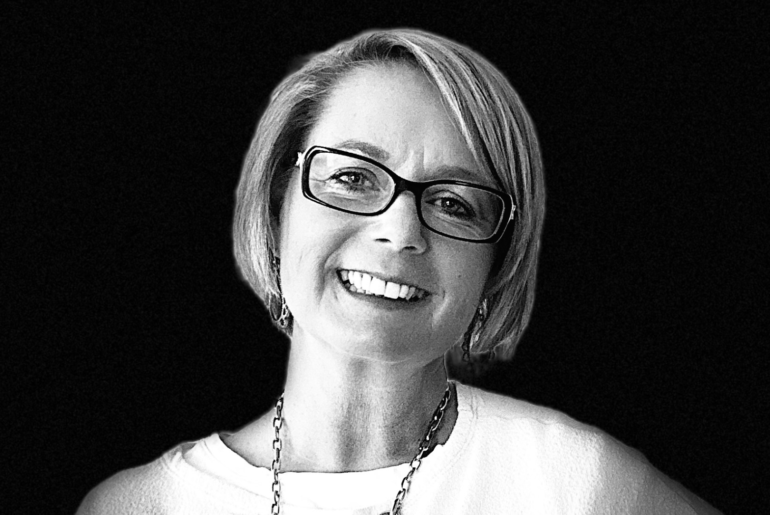
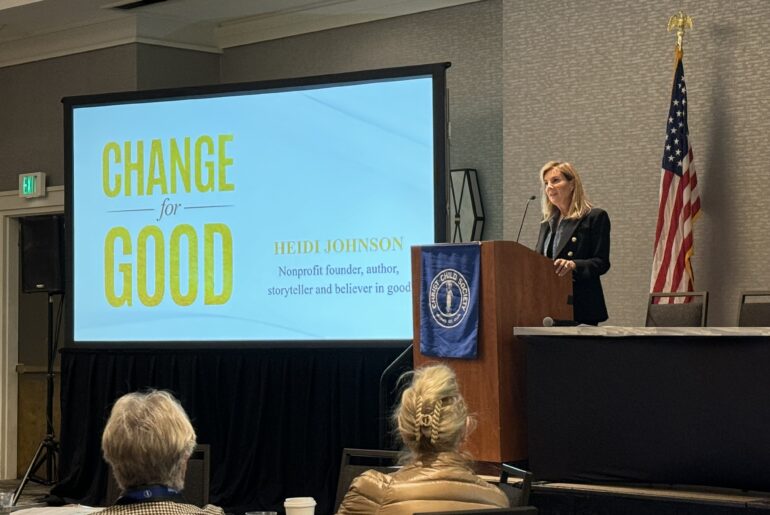
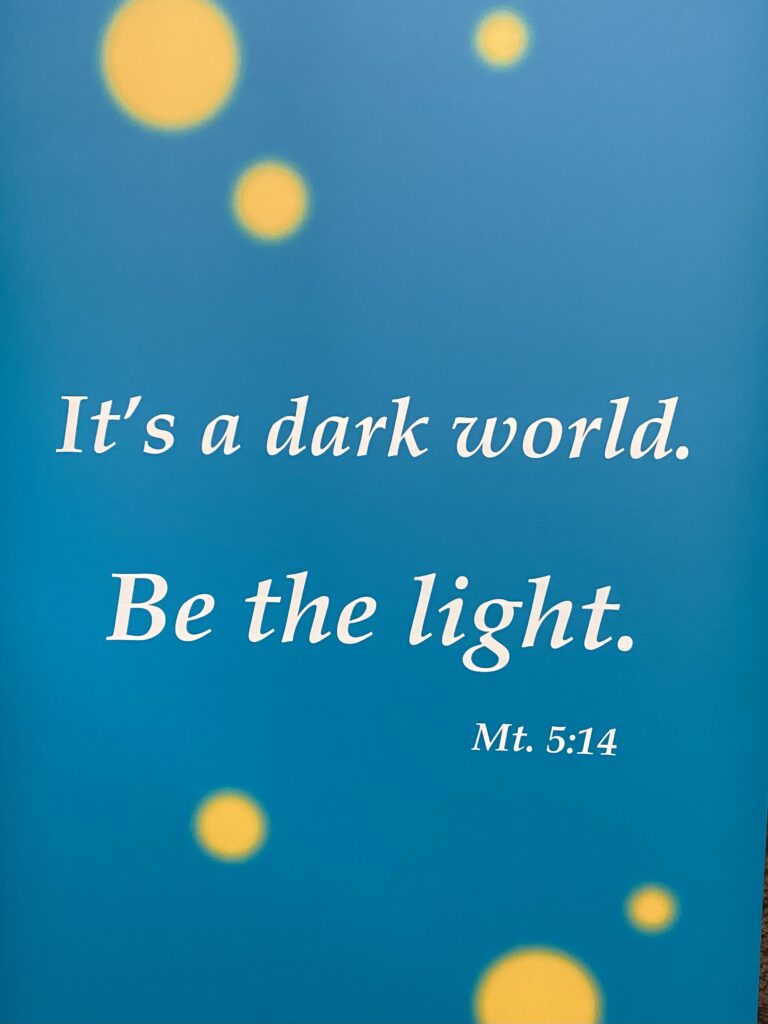
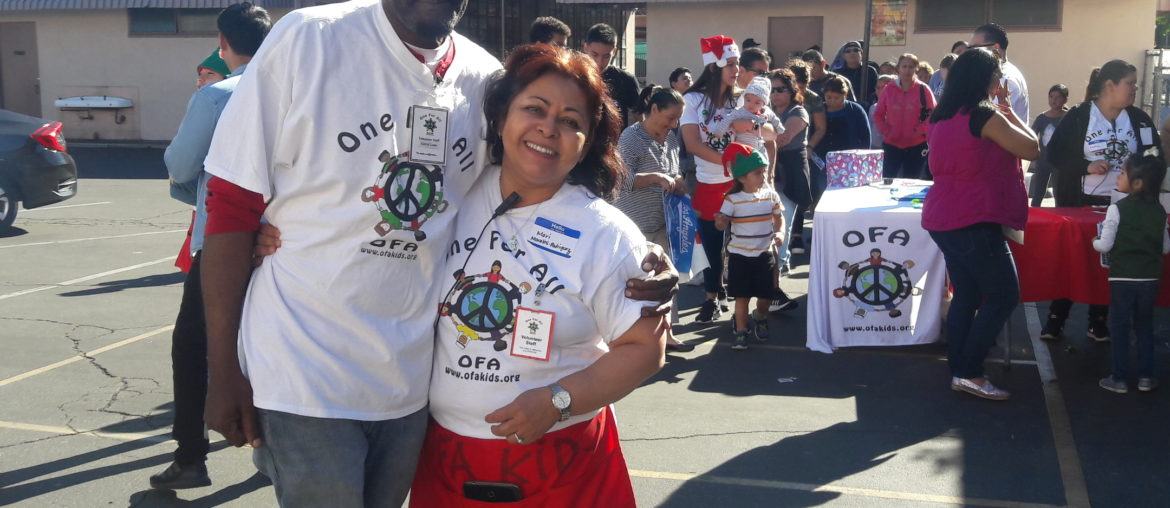
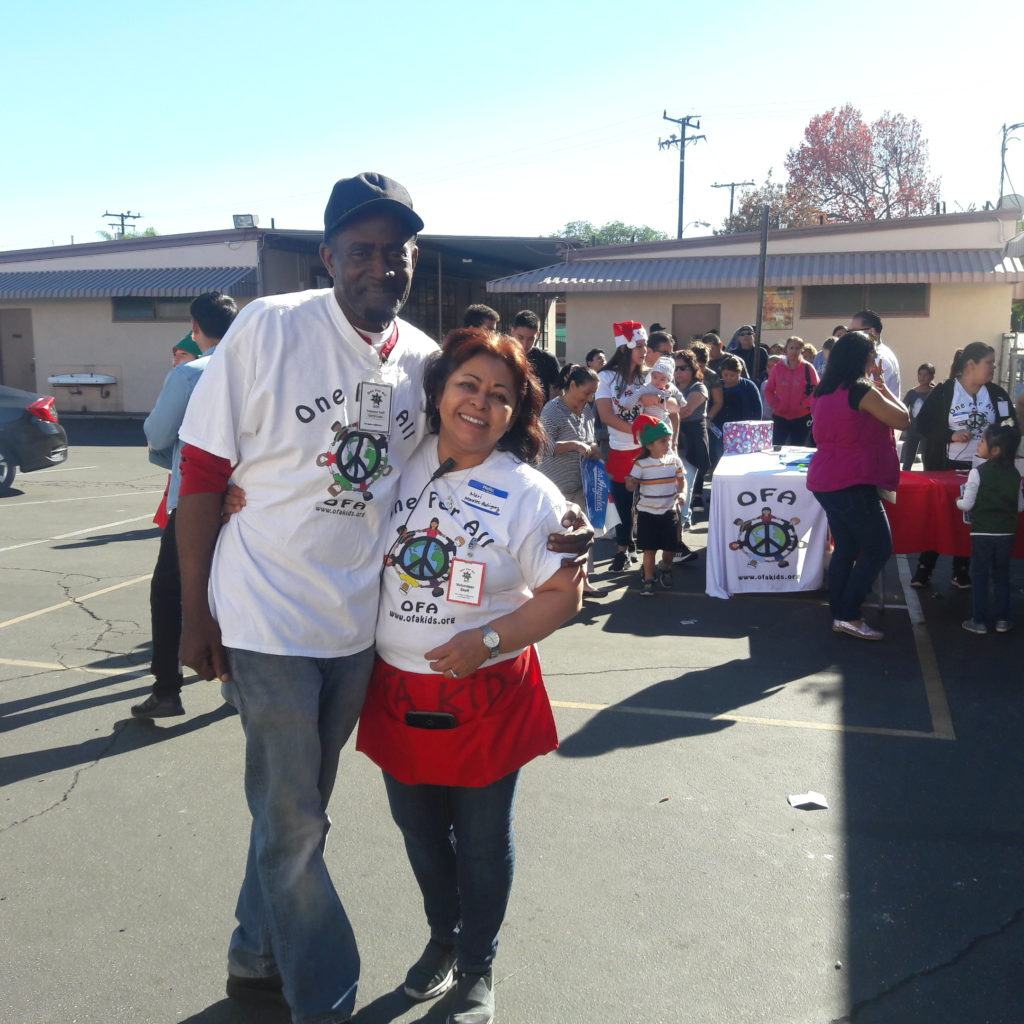
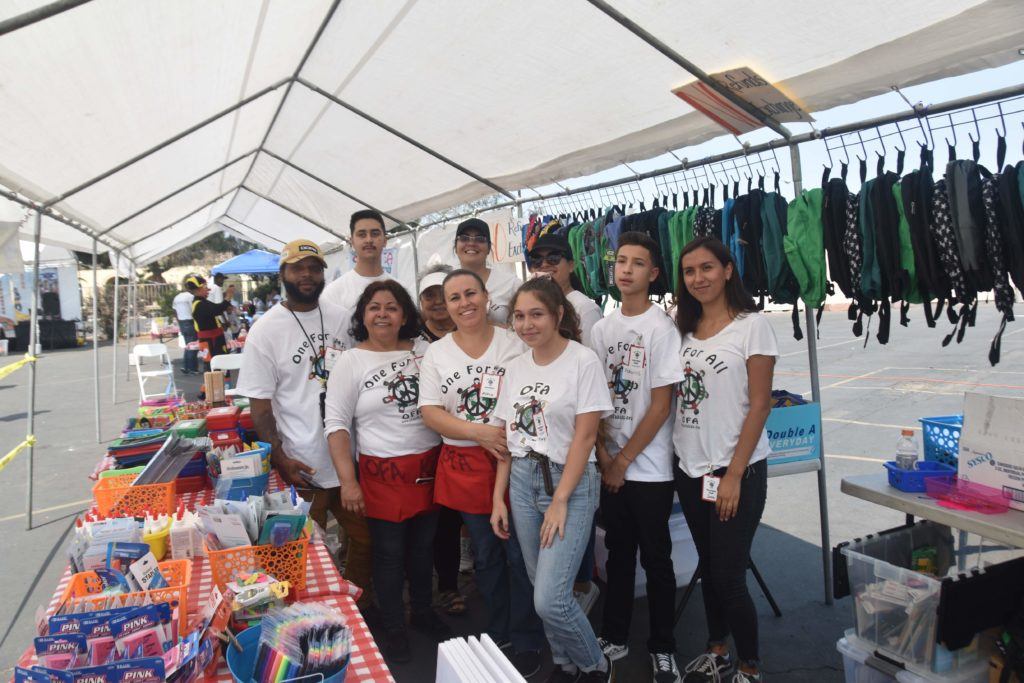
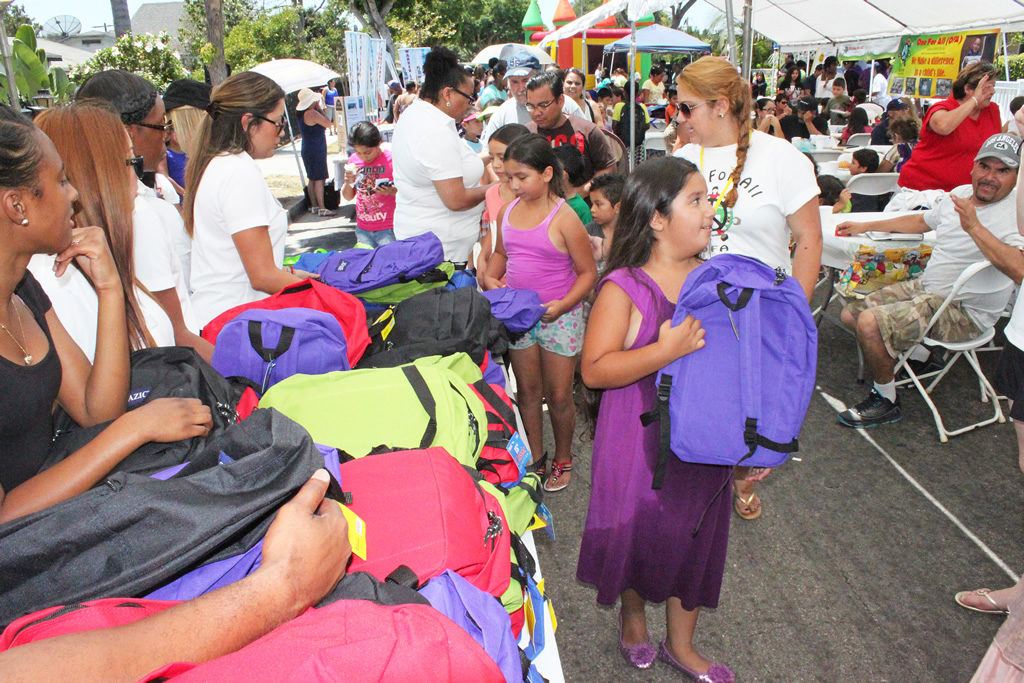
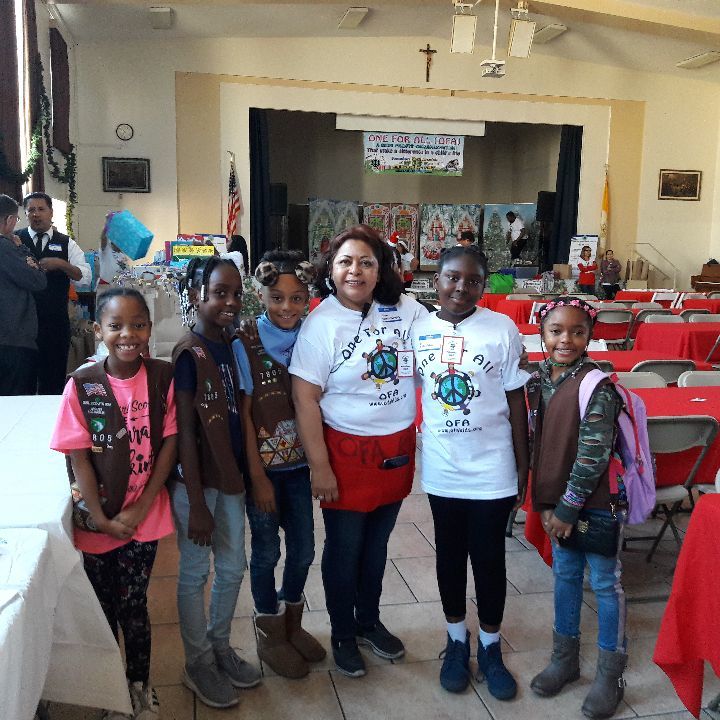
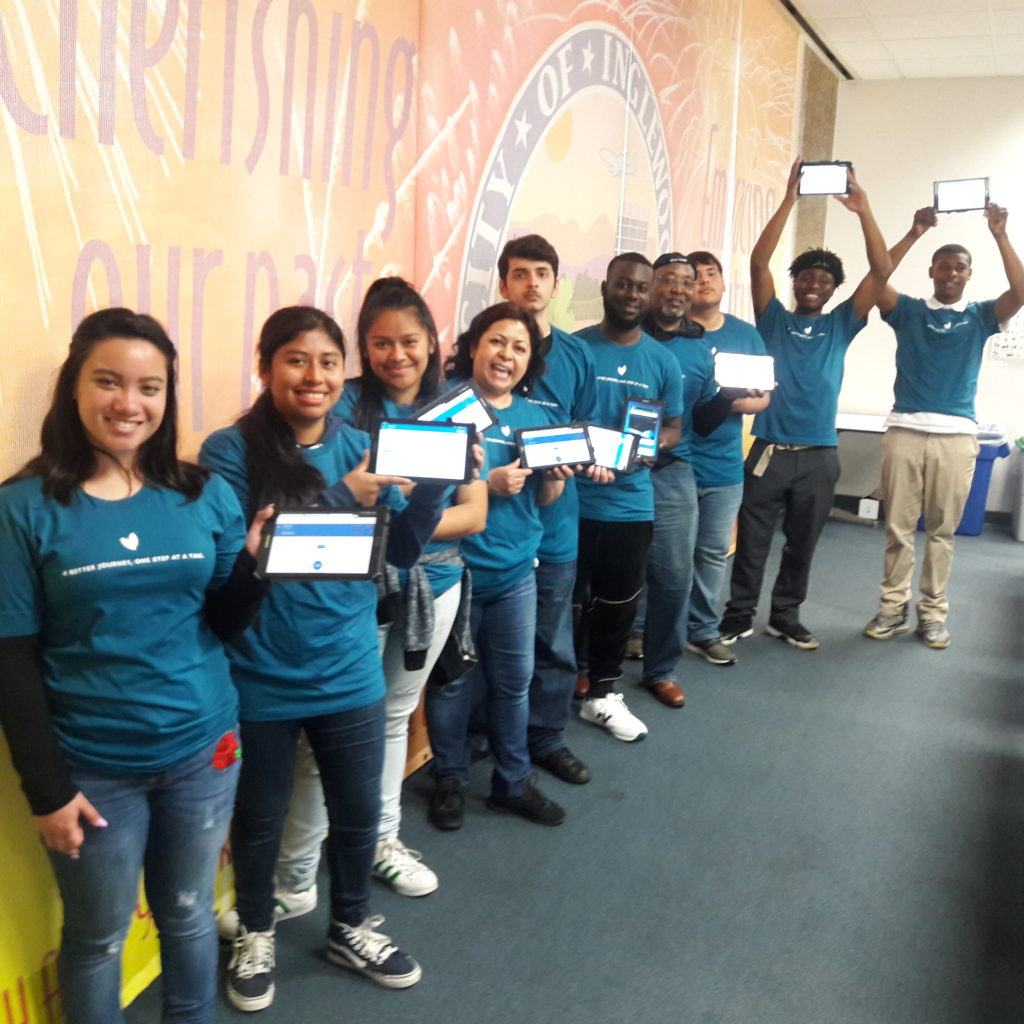 In 2007, I had a patient that kept telling me I needed my 501c3 and I had no idea what these numbers meant or what that was. While I was working in the doctor’s office a patient asked me about what I do in my free time and I told him. He said I needed my 501c3 and his wife would help me. She did and in 2007
In 2007, I had a patient that kept telling me I needed my 501c3 and I had no idea what these numbers meant or what that was. While I was working in the doctor’s office a patient asked me about what I do in my free time and I told him. He said I needed my 501c3 and his wife would help me. She did and in 2007 